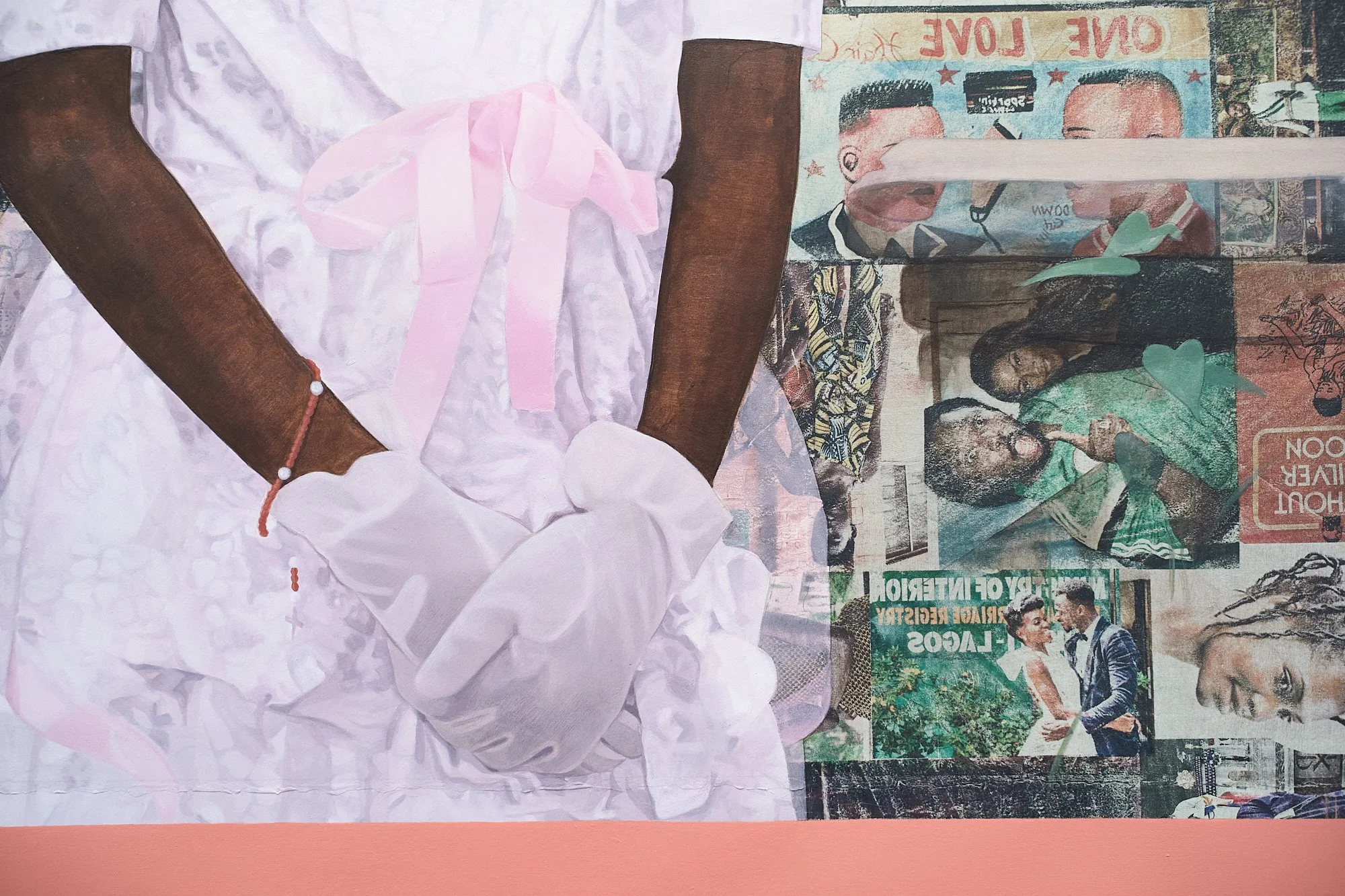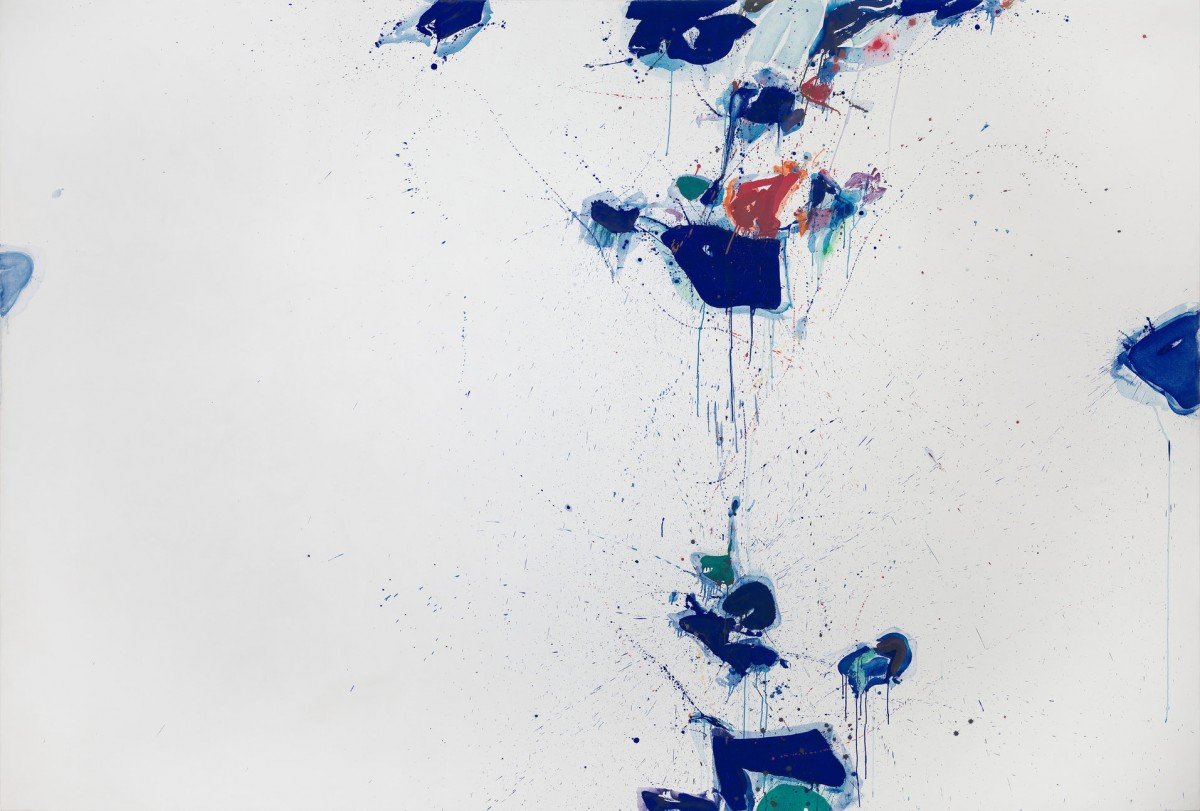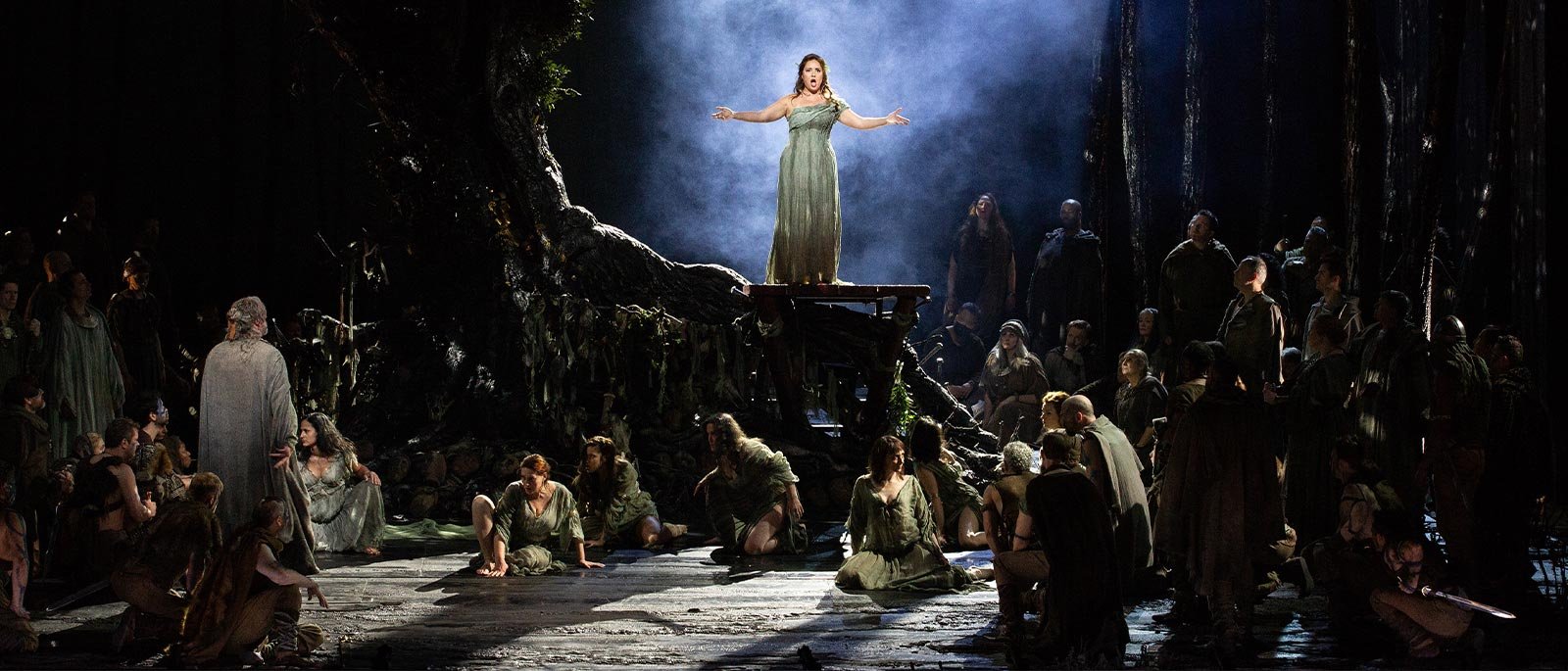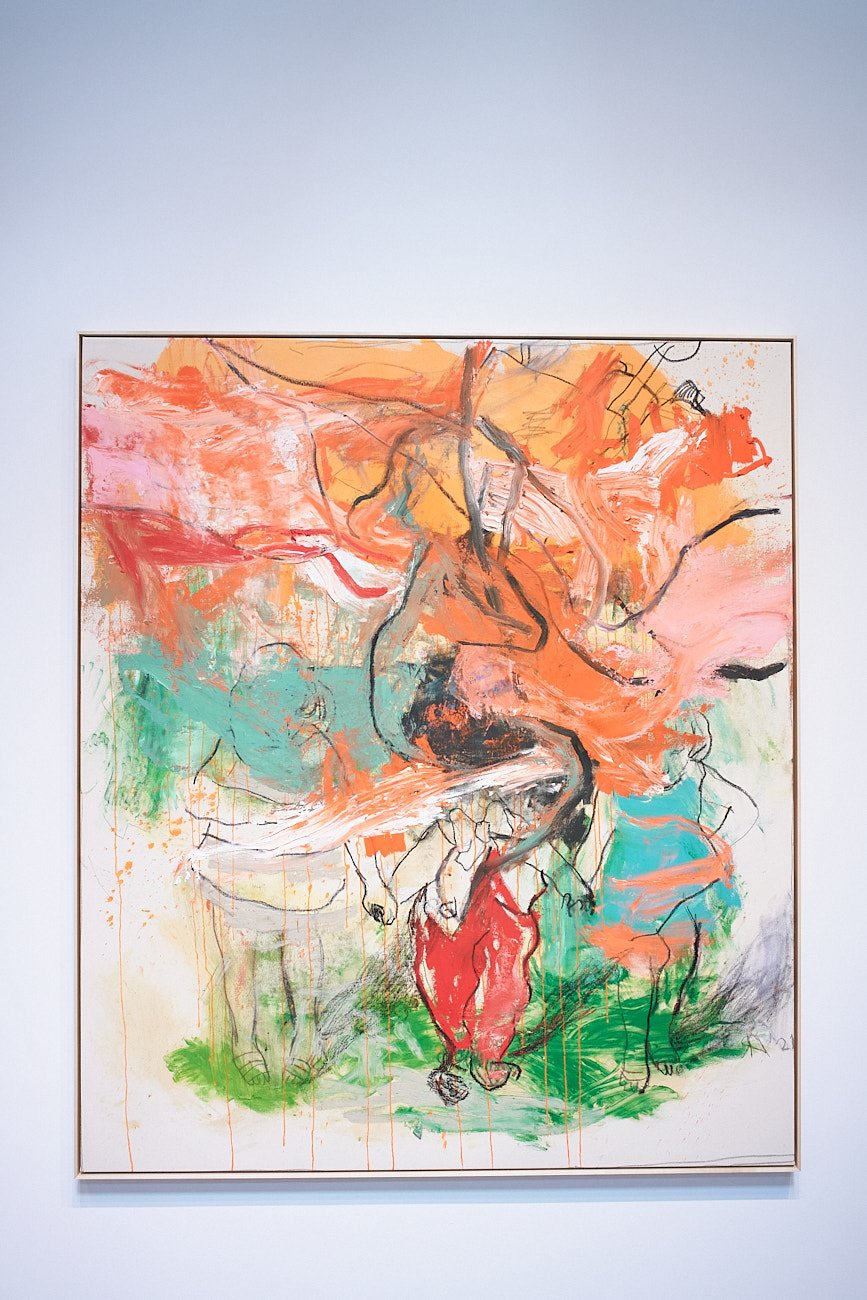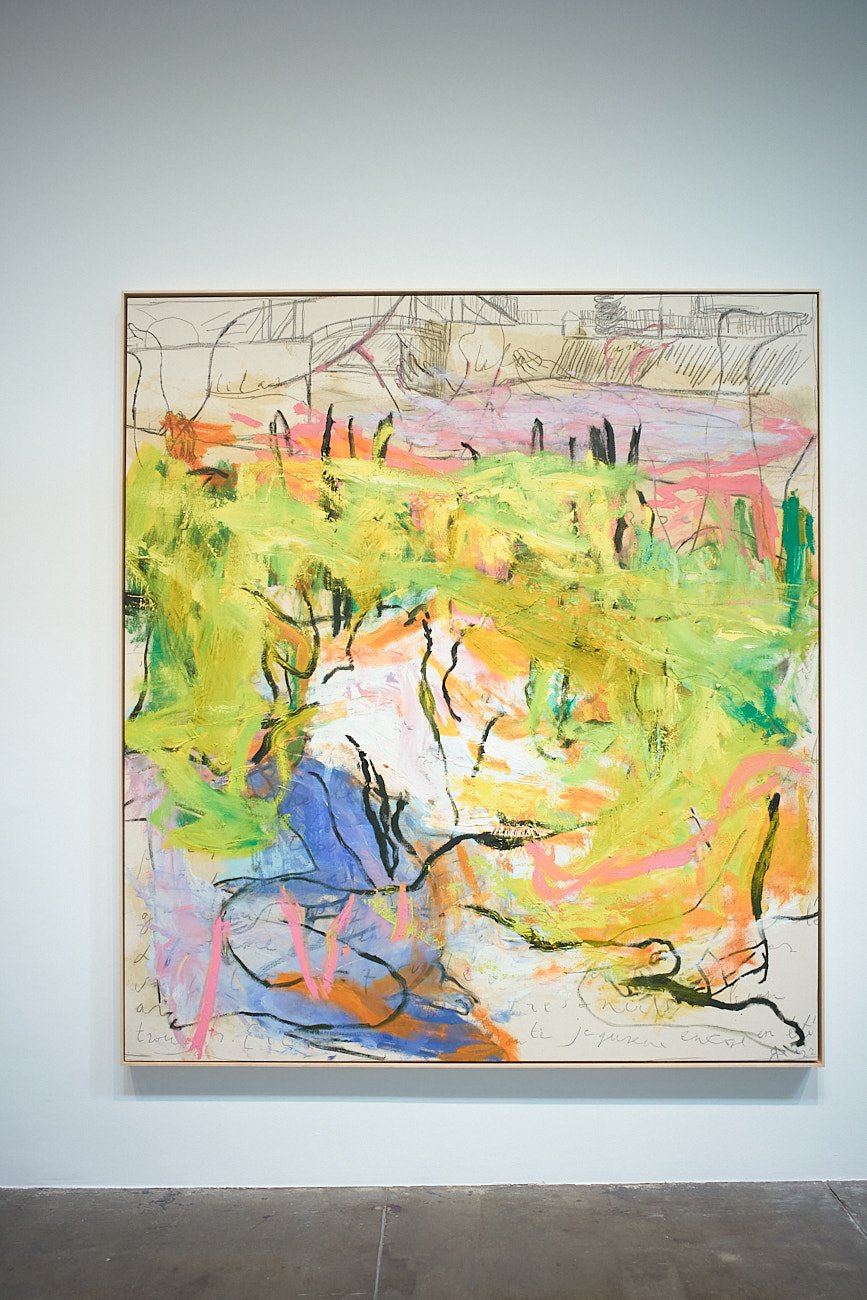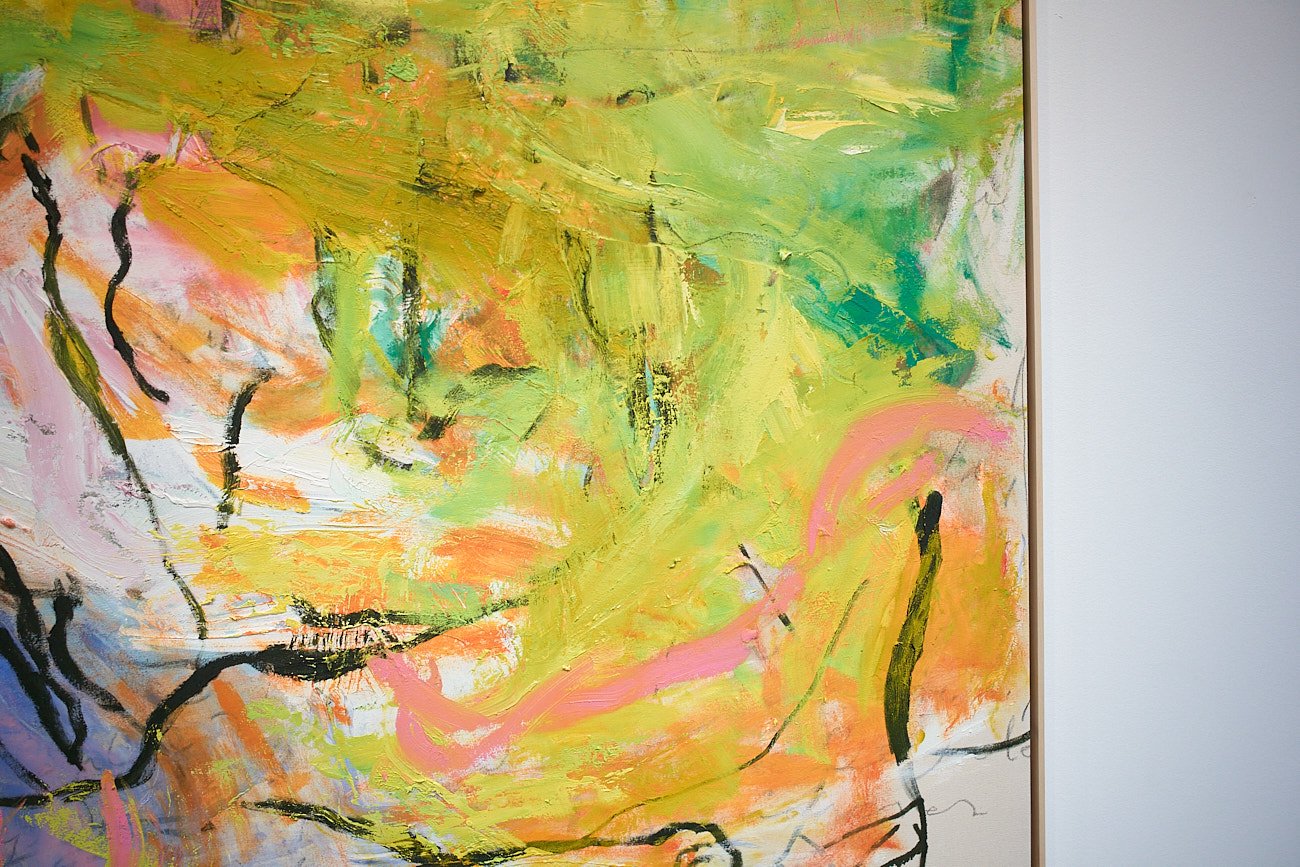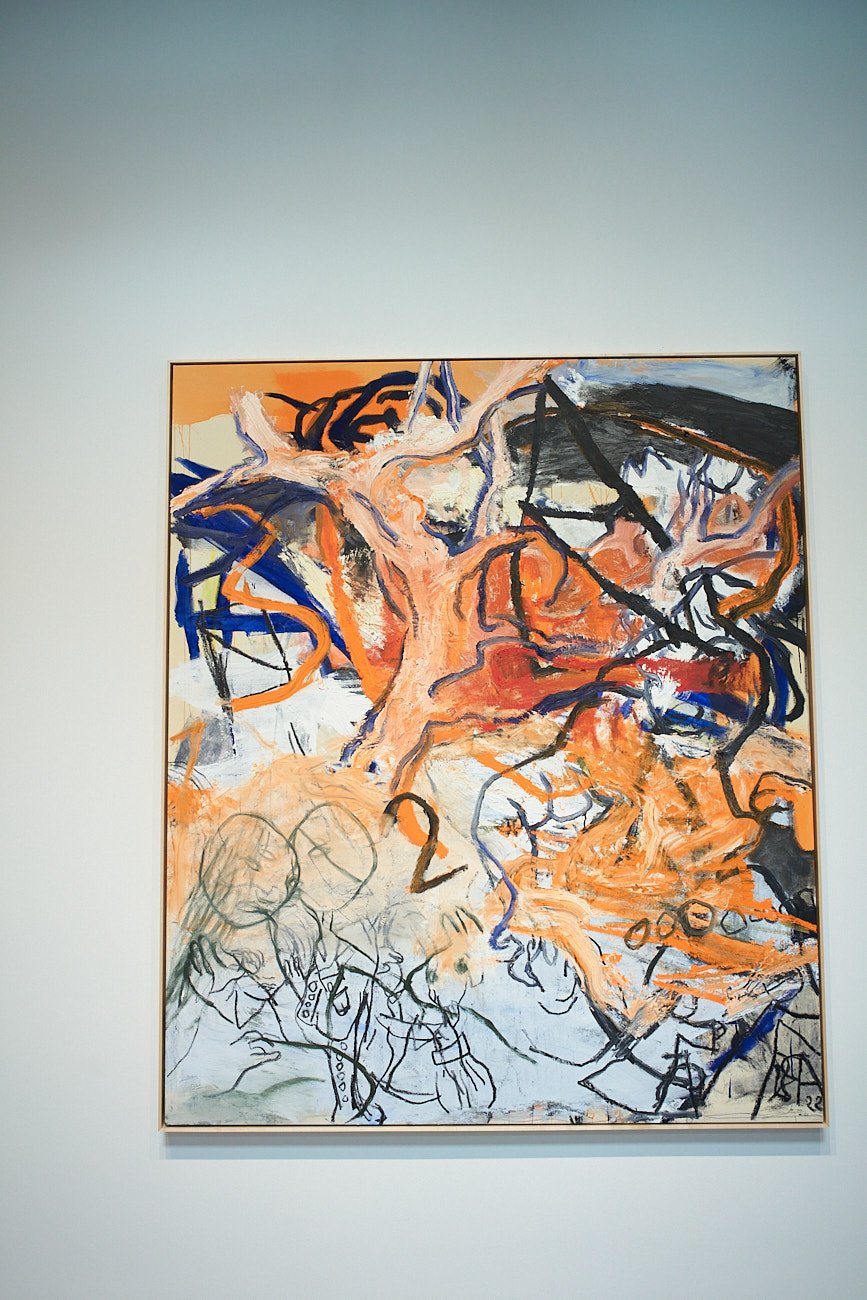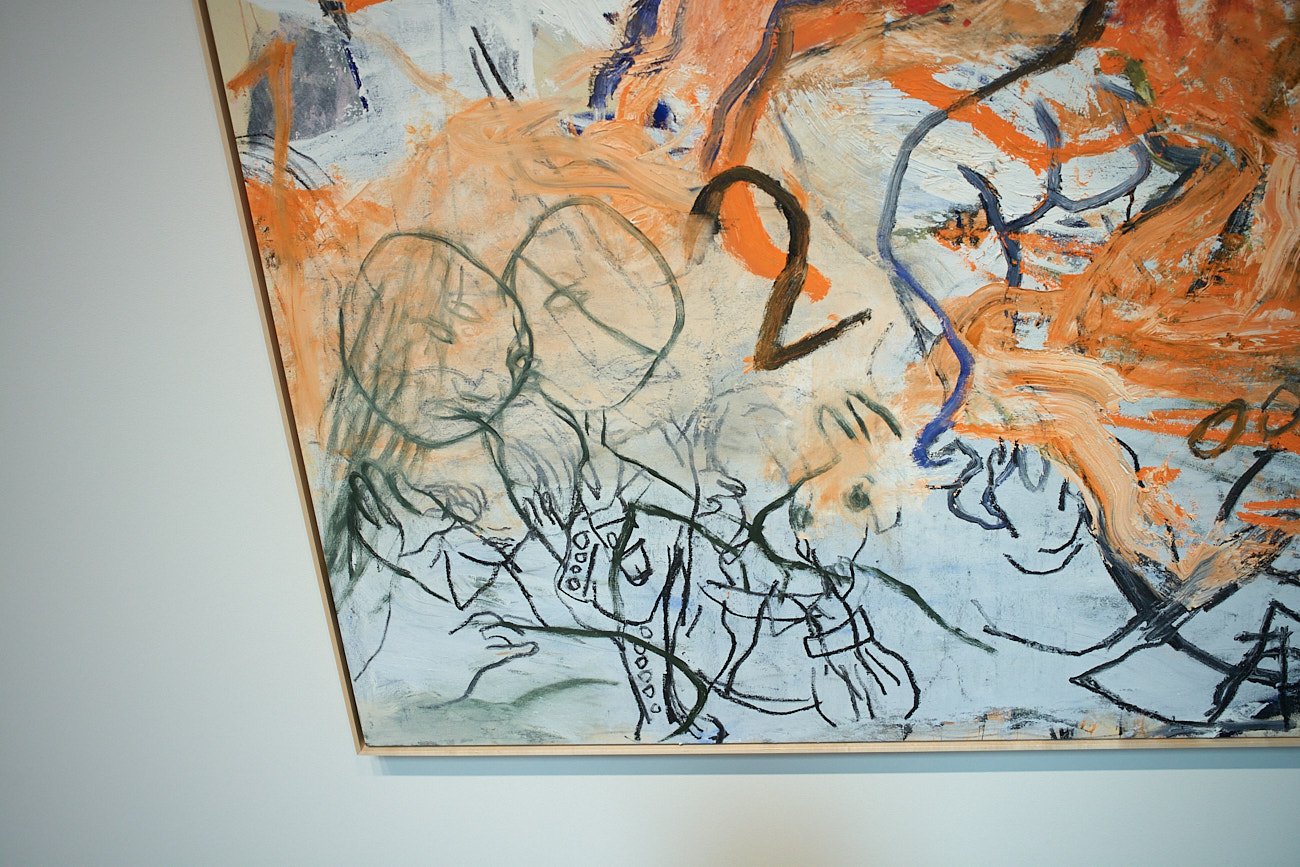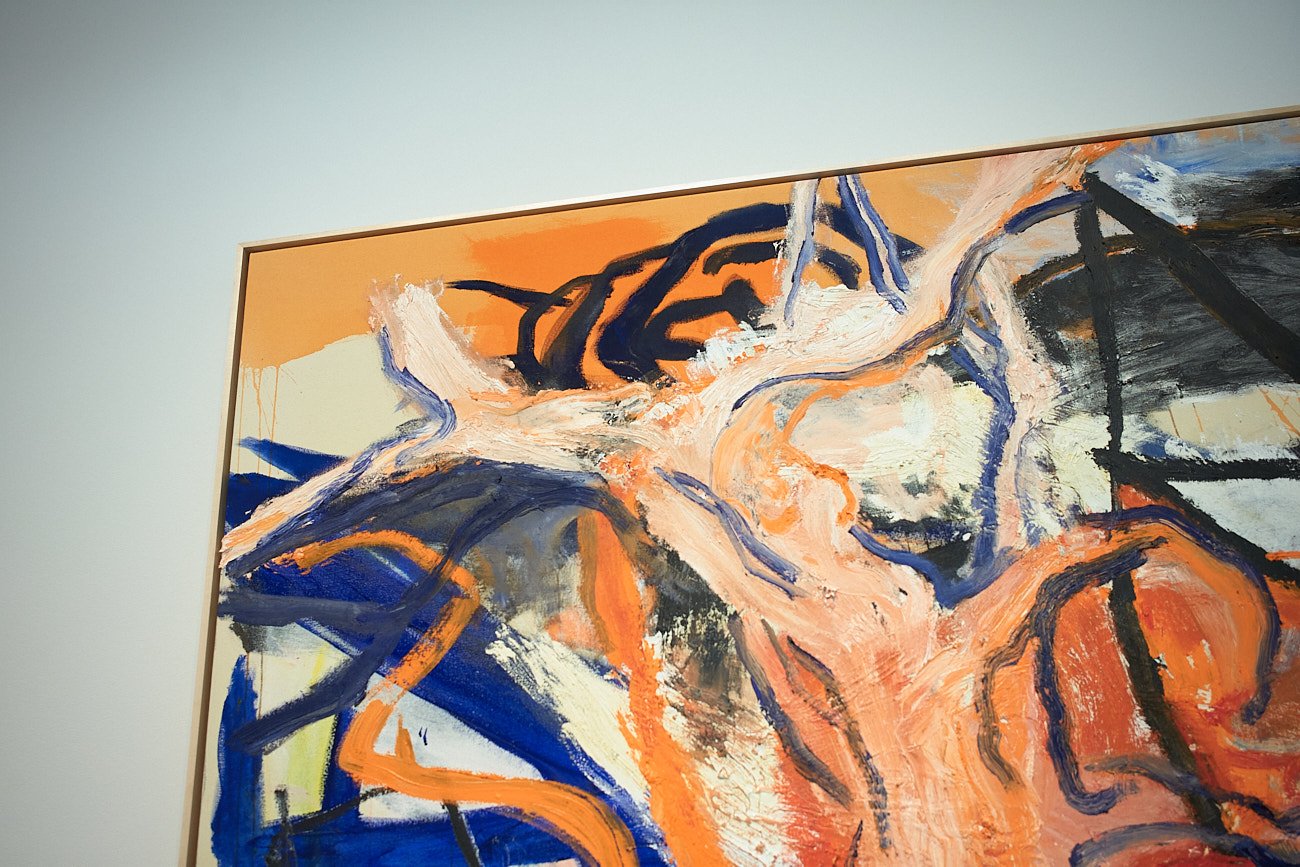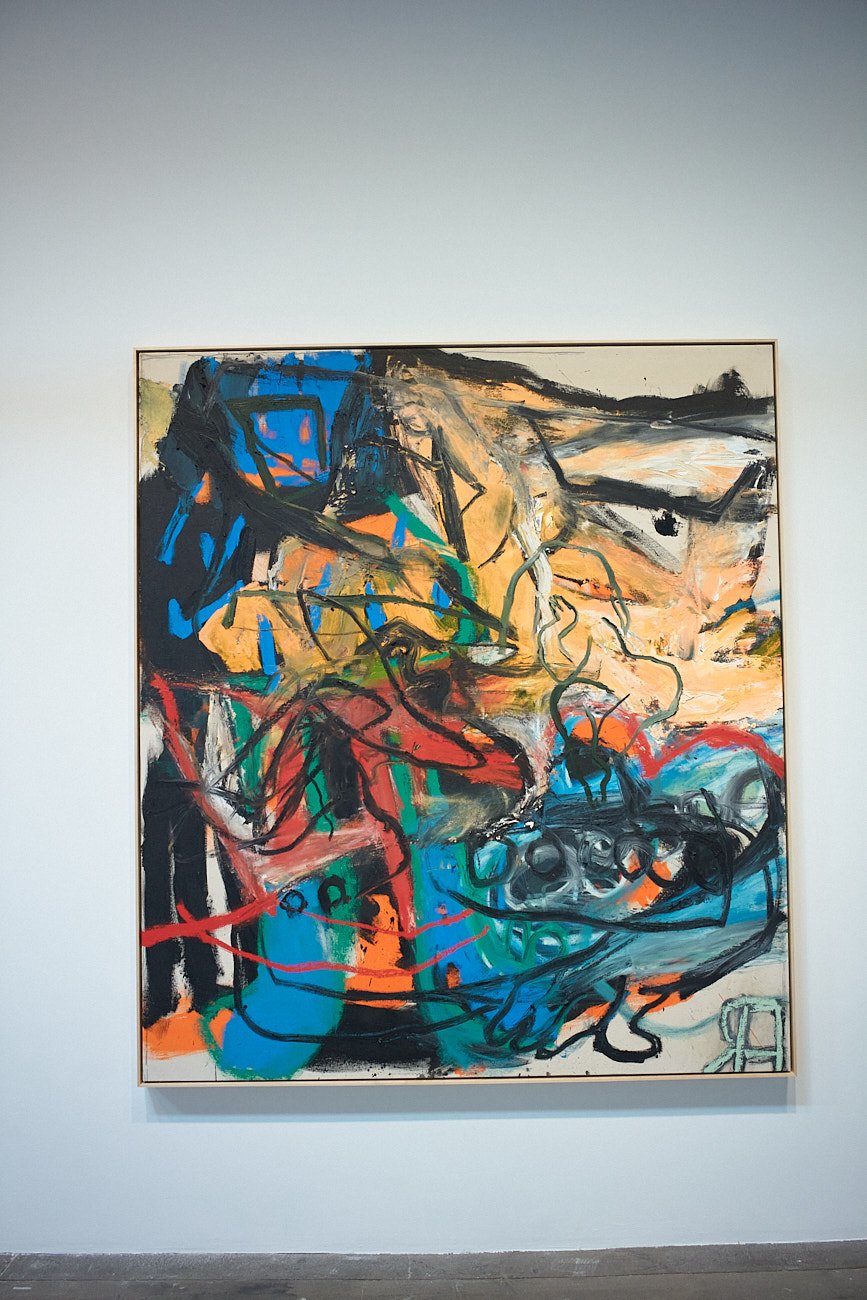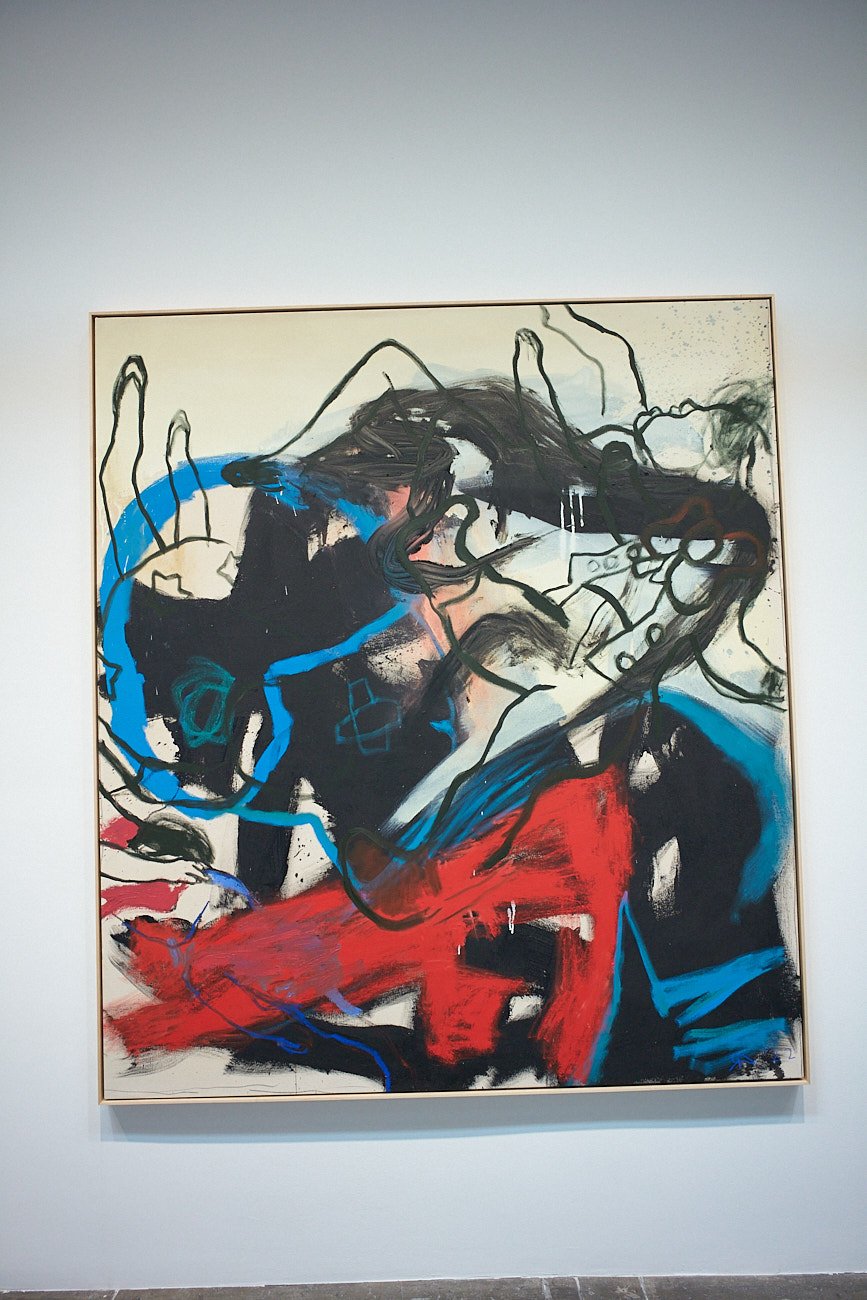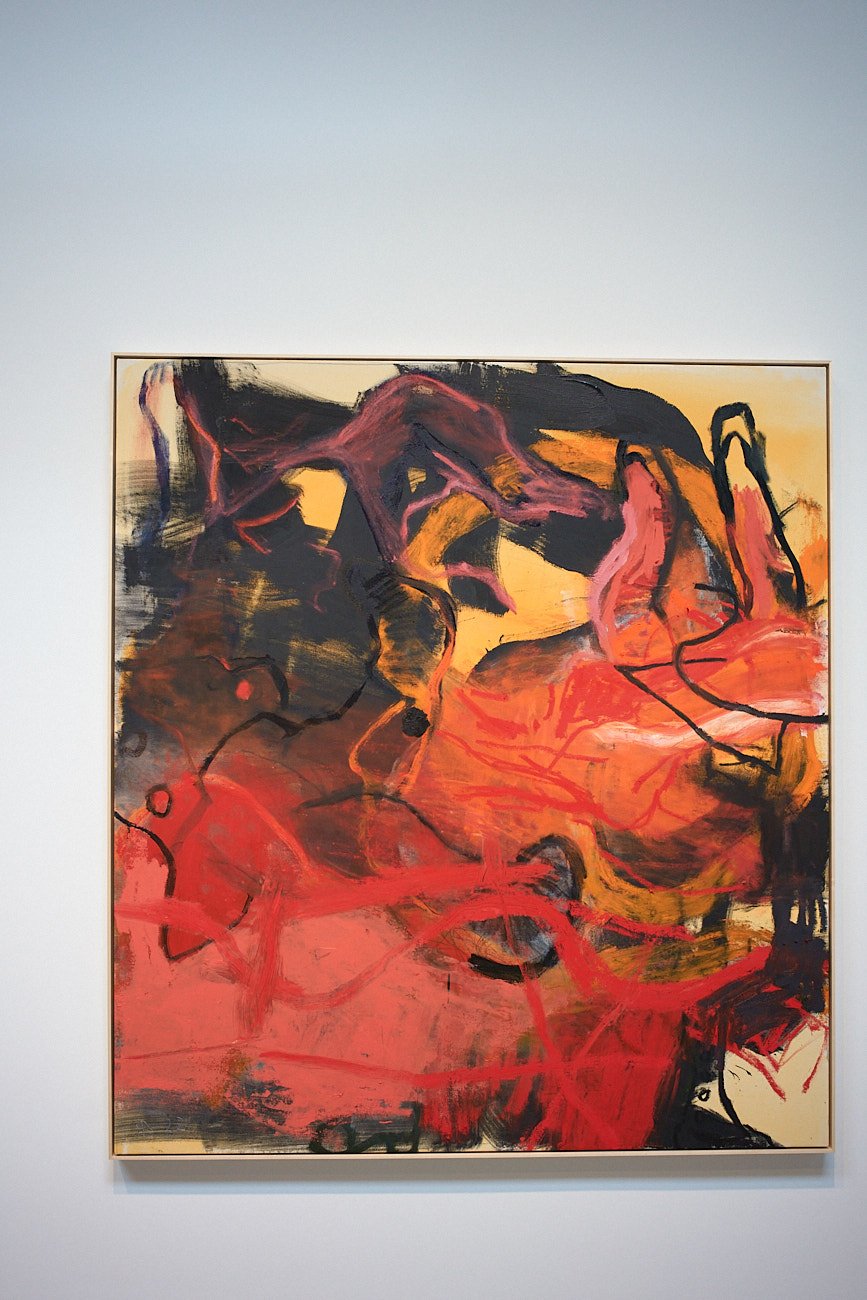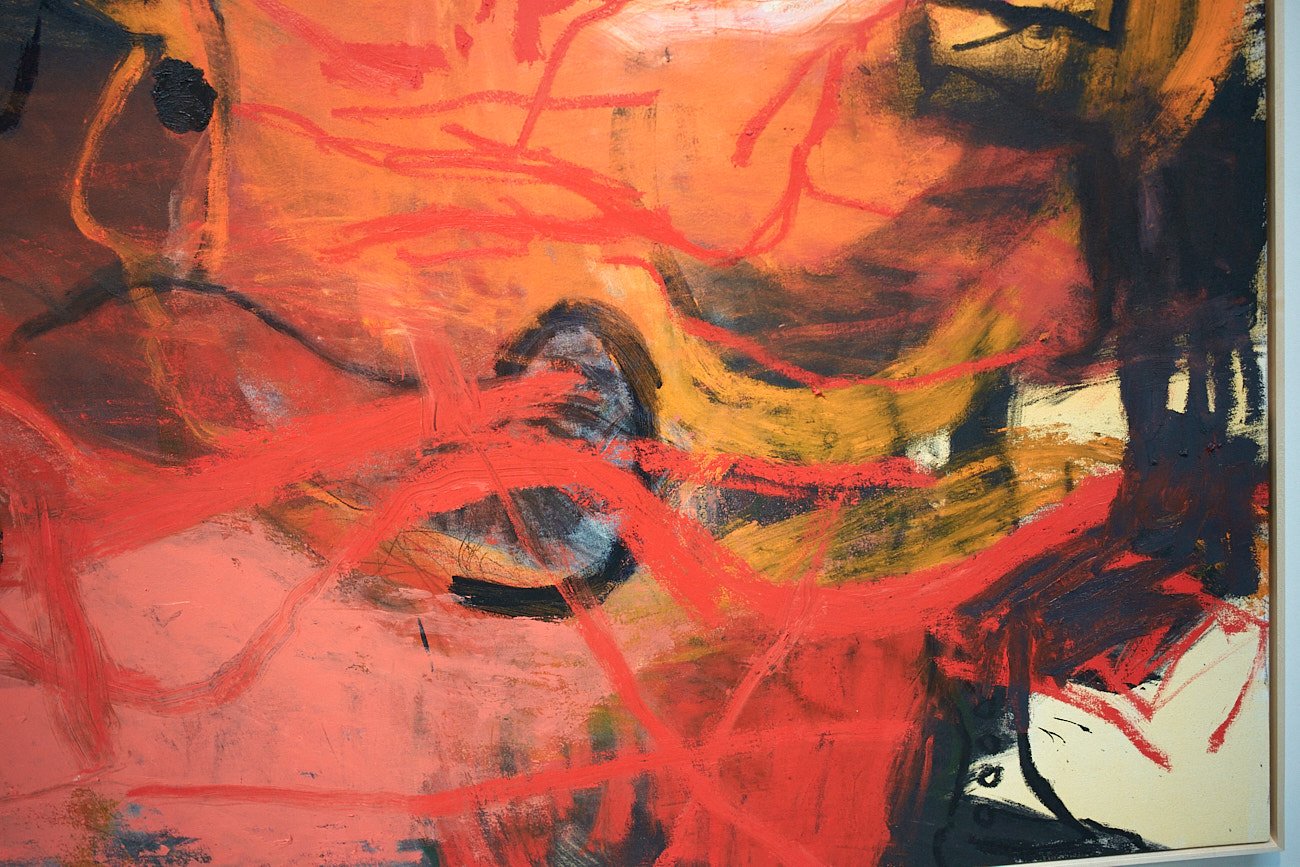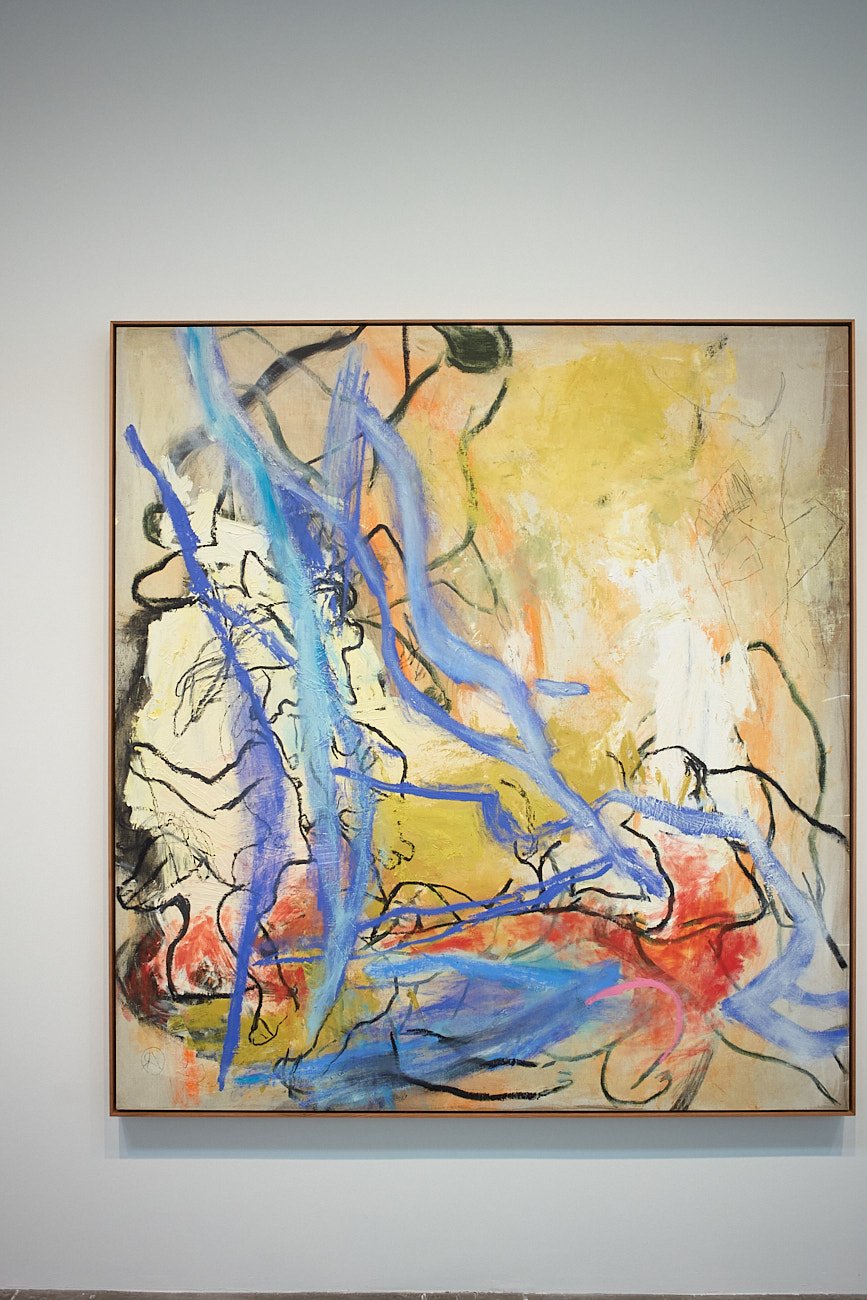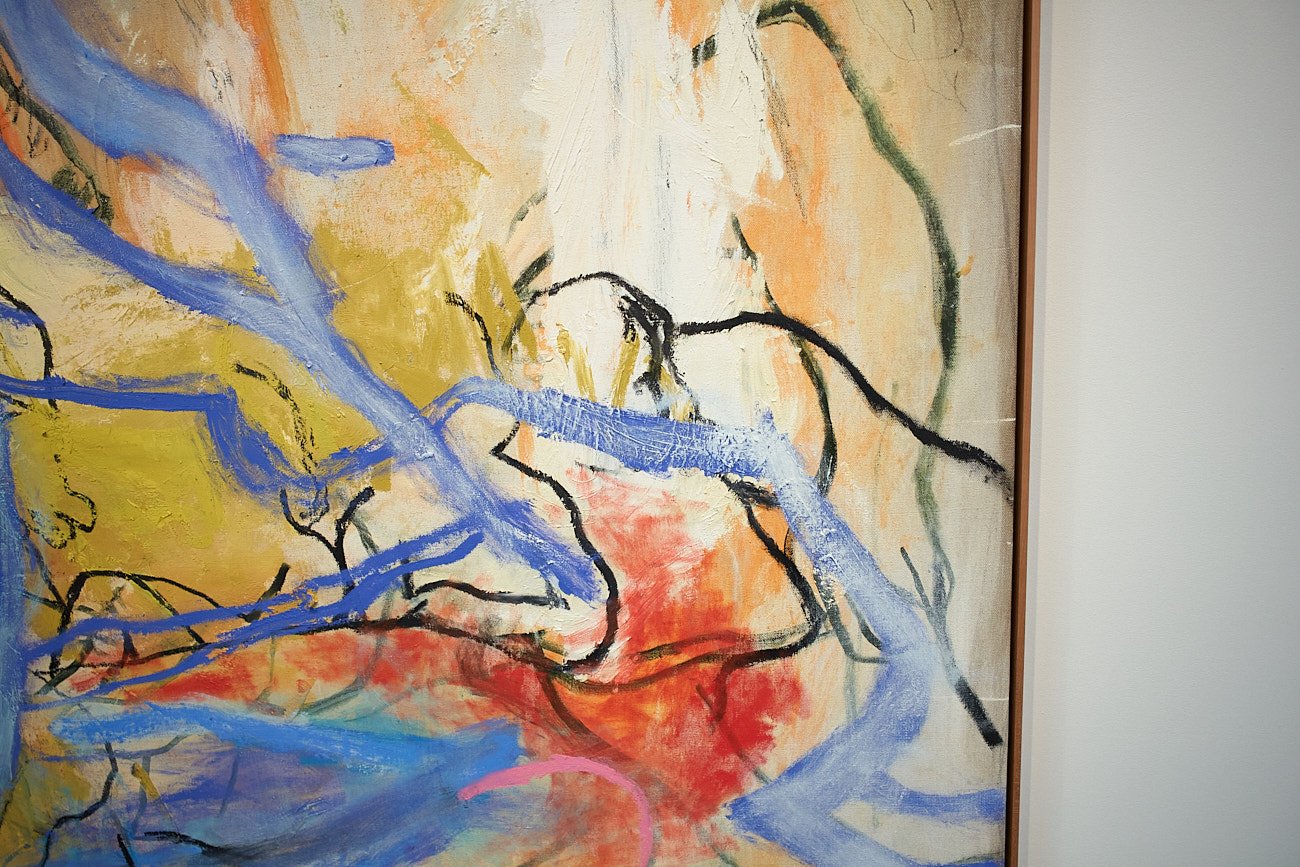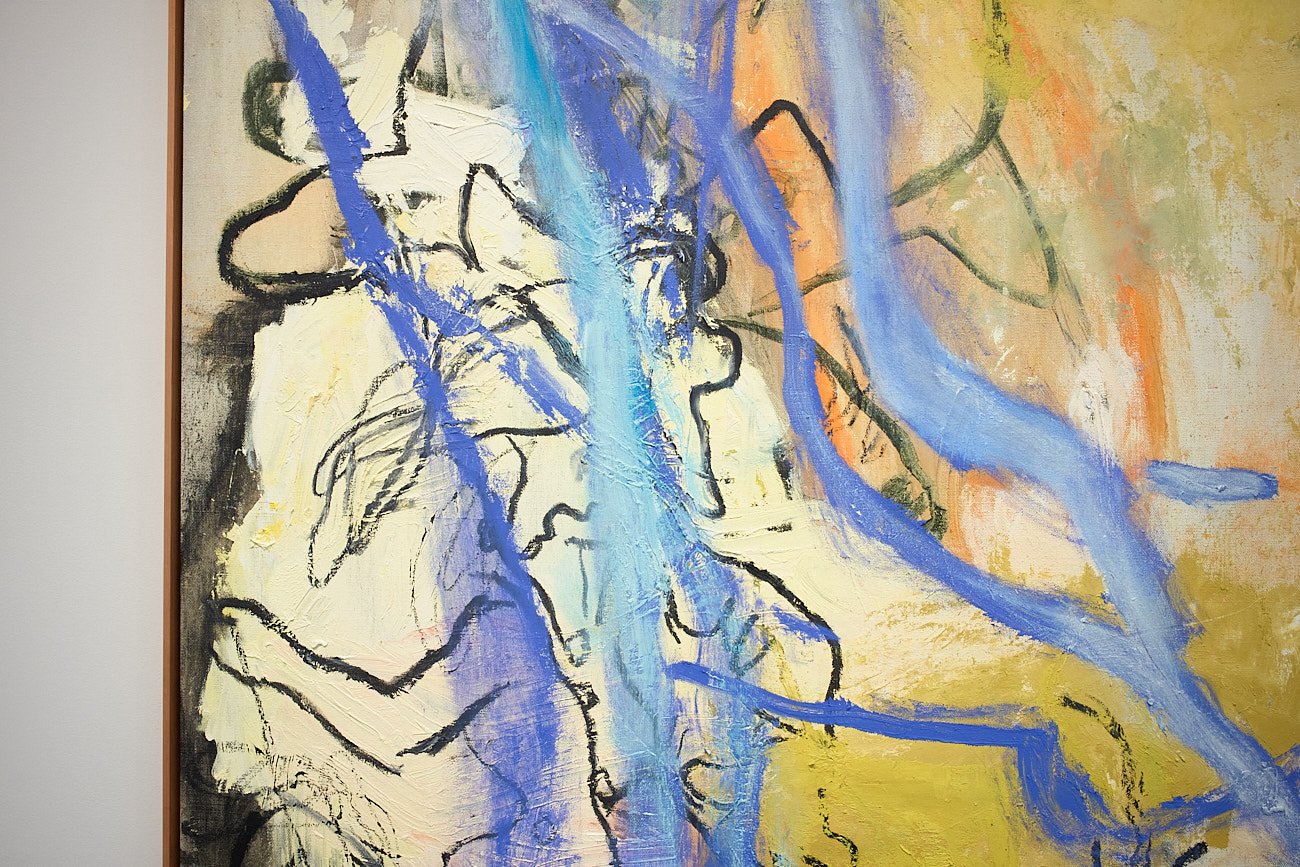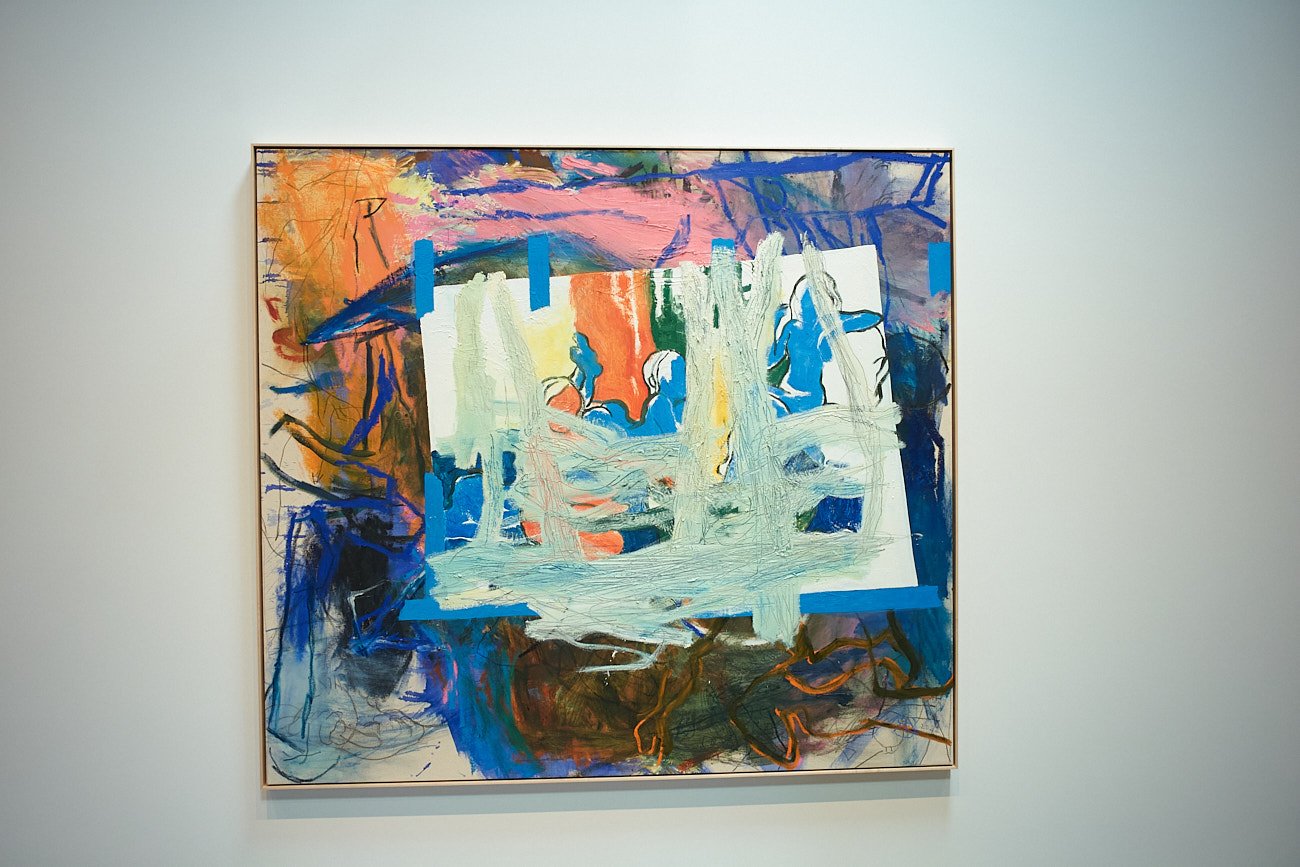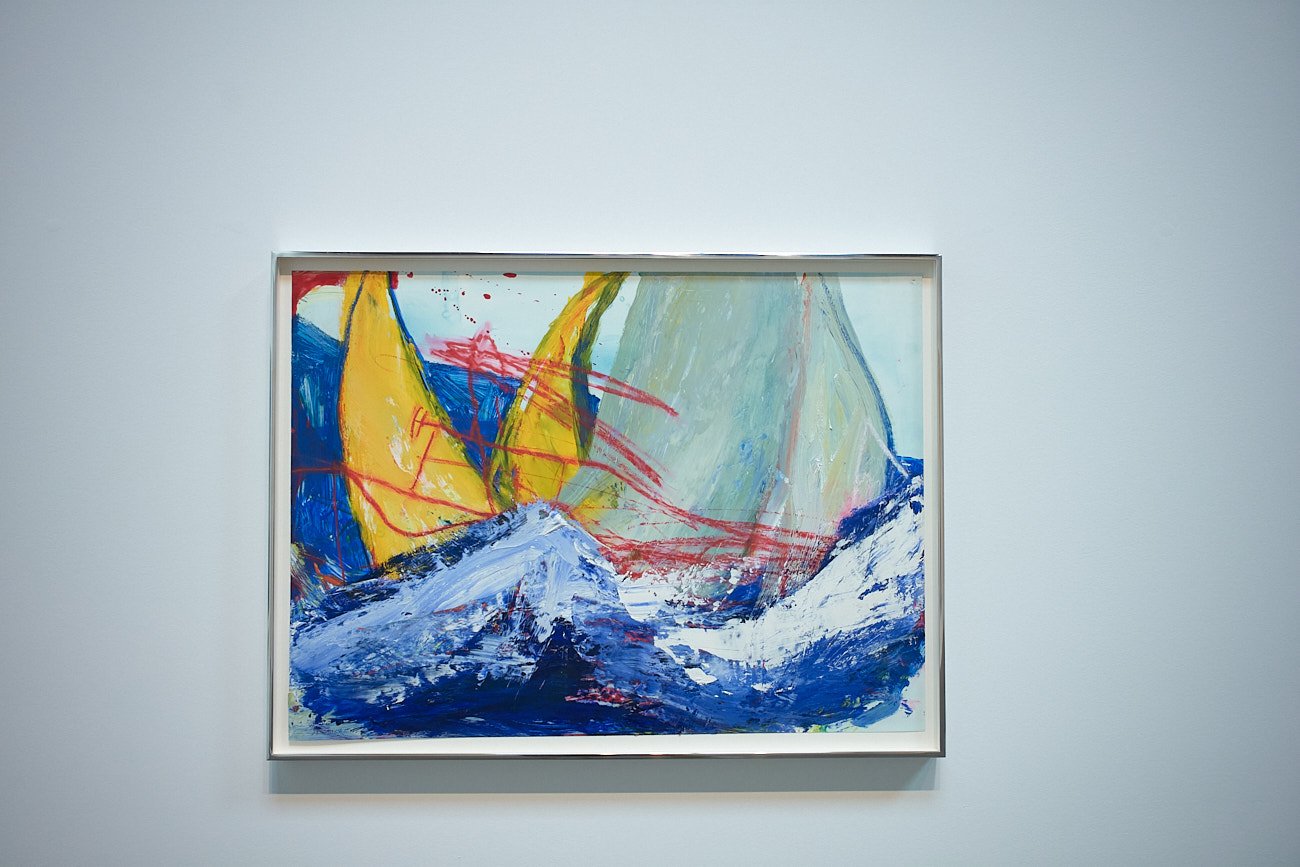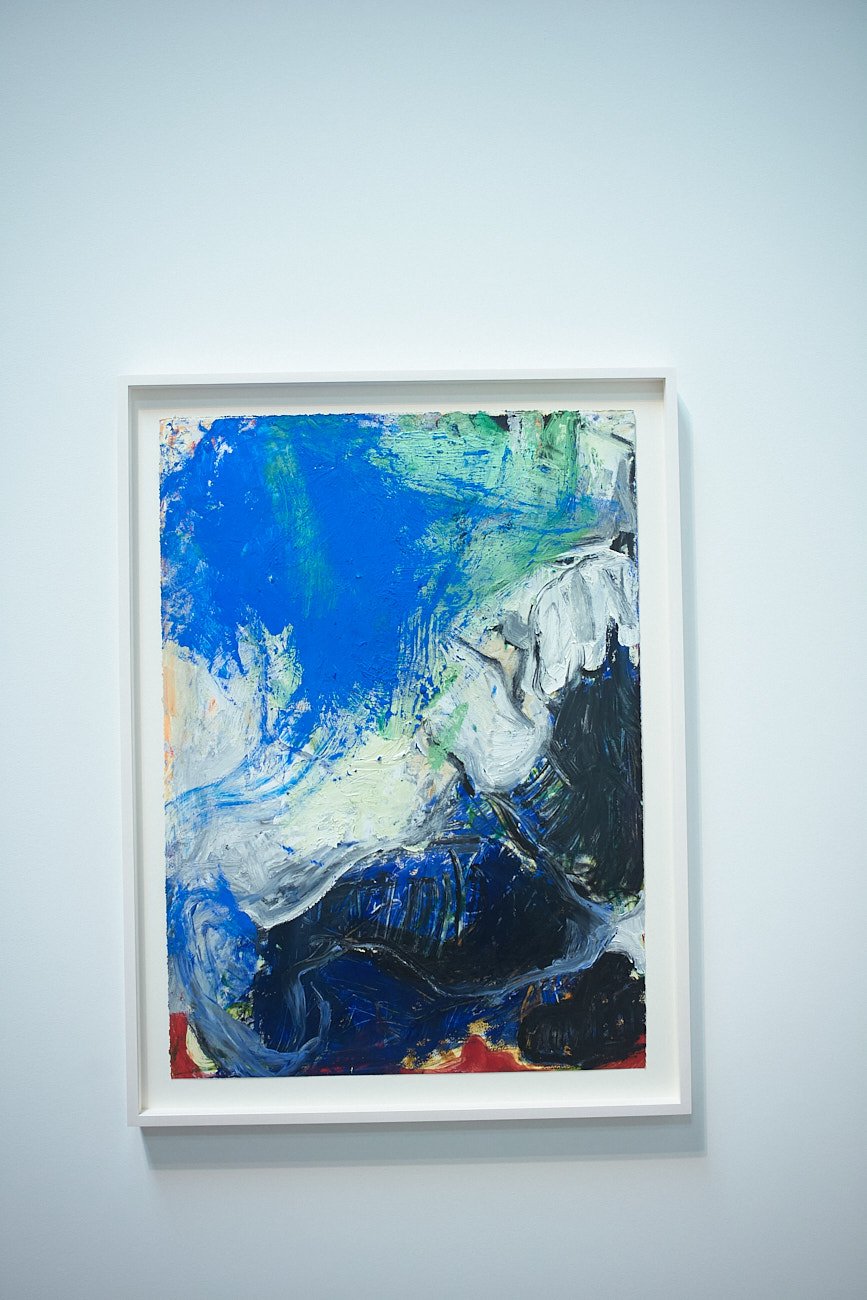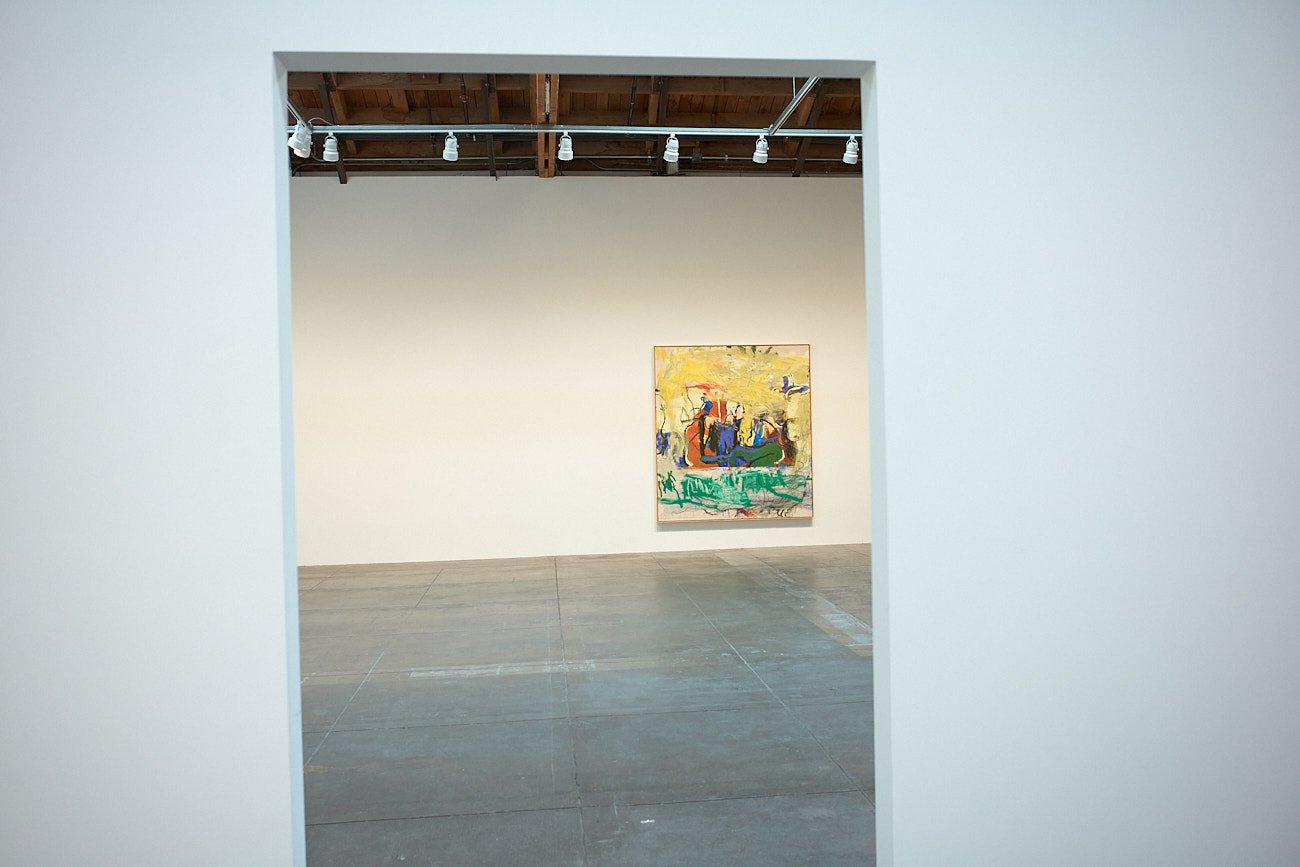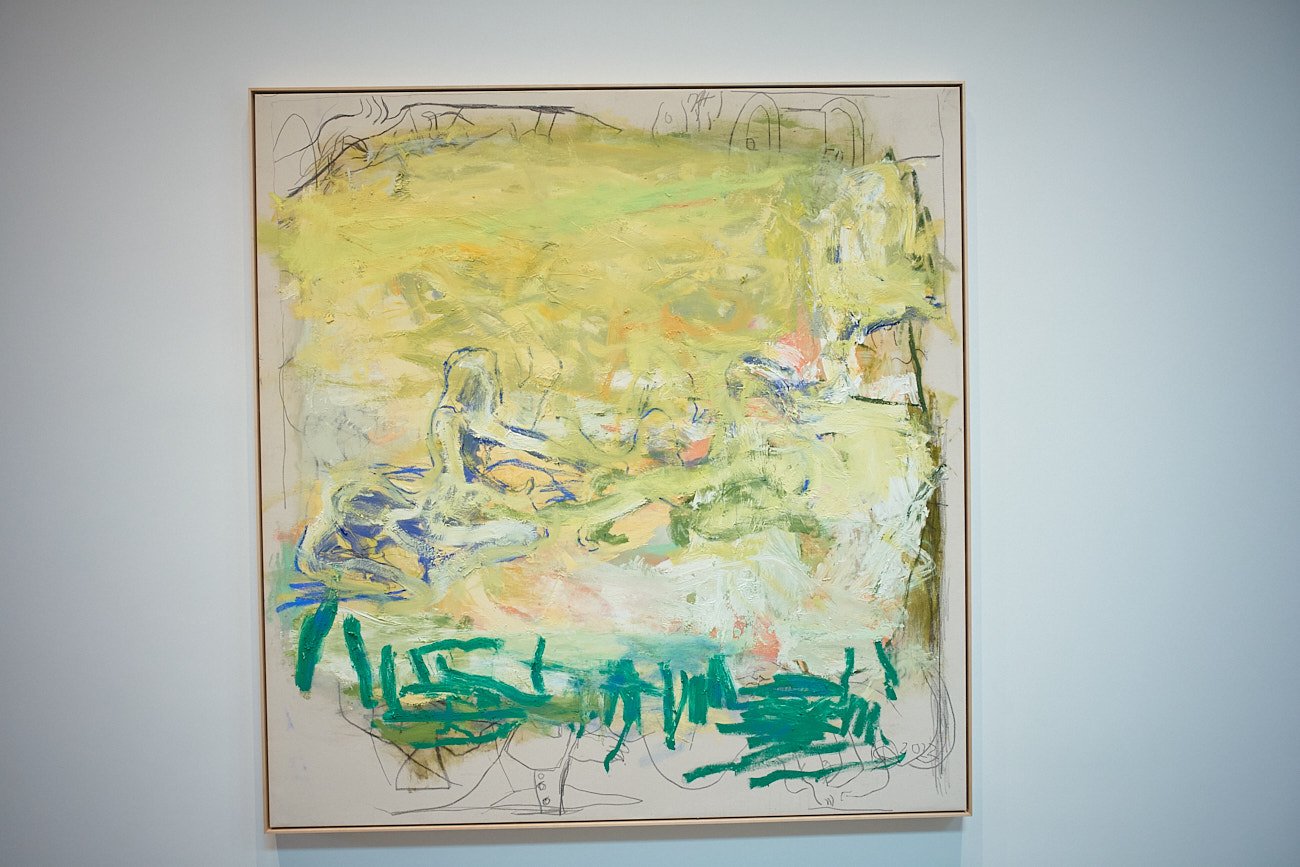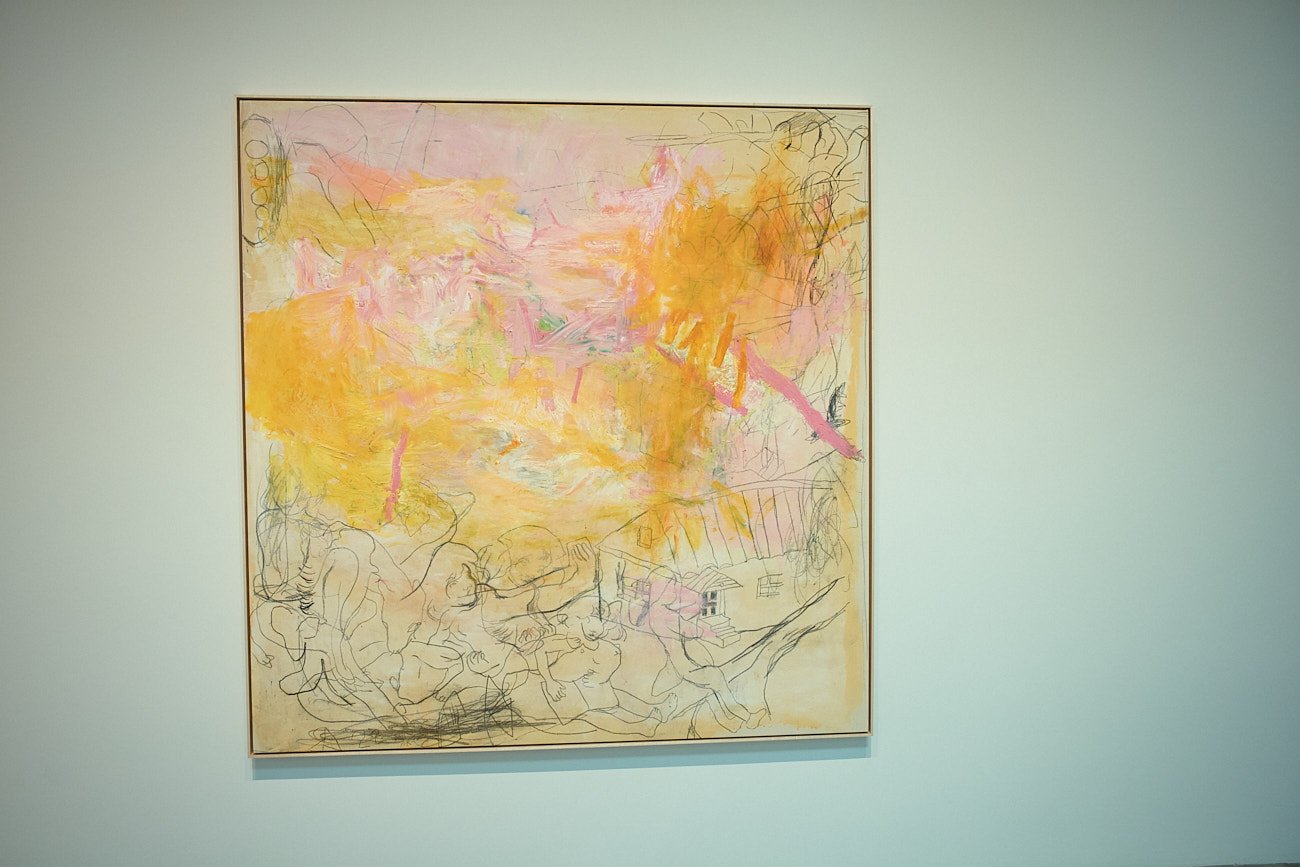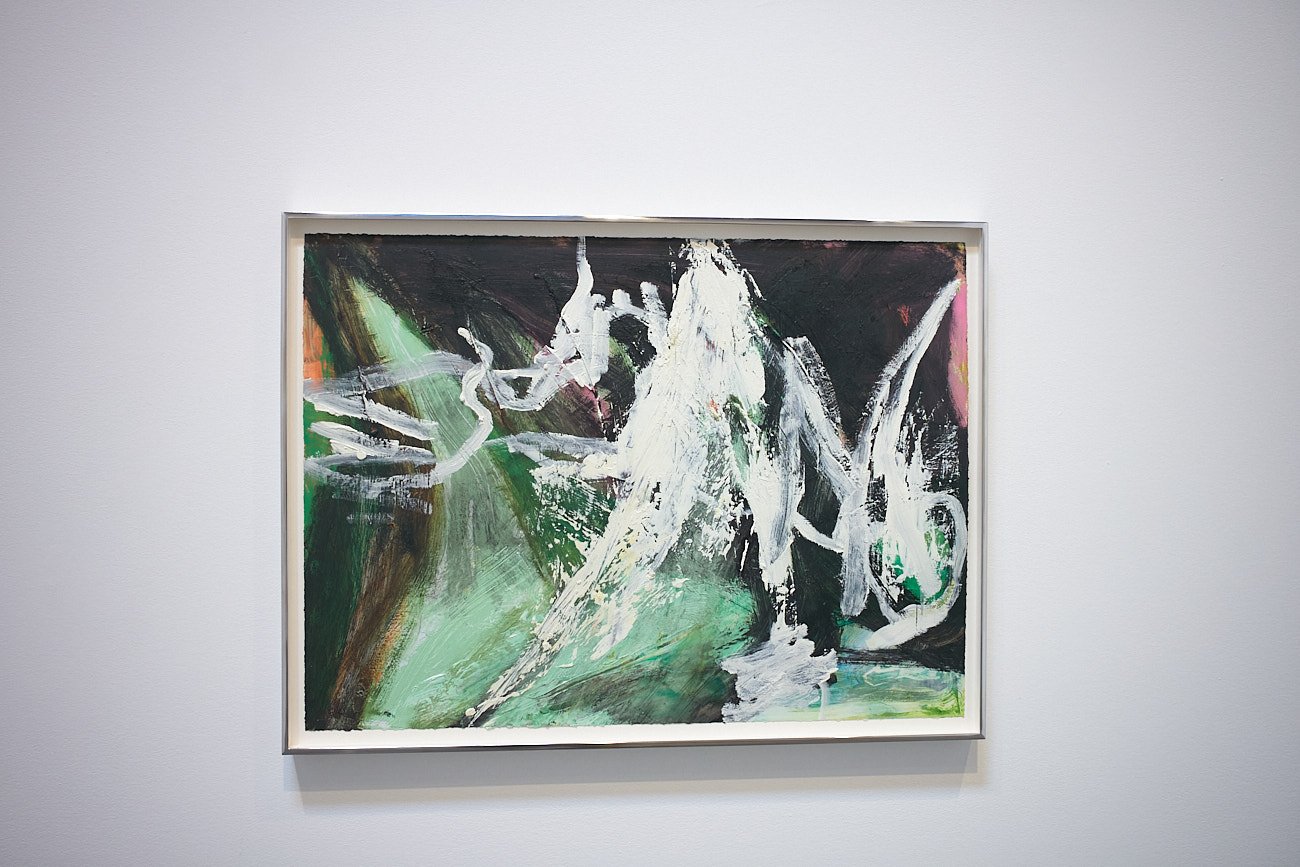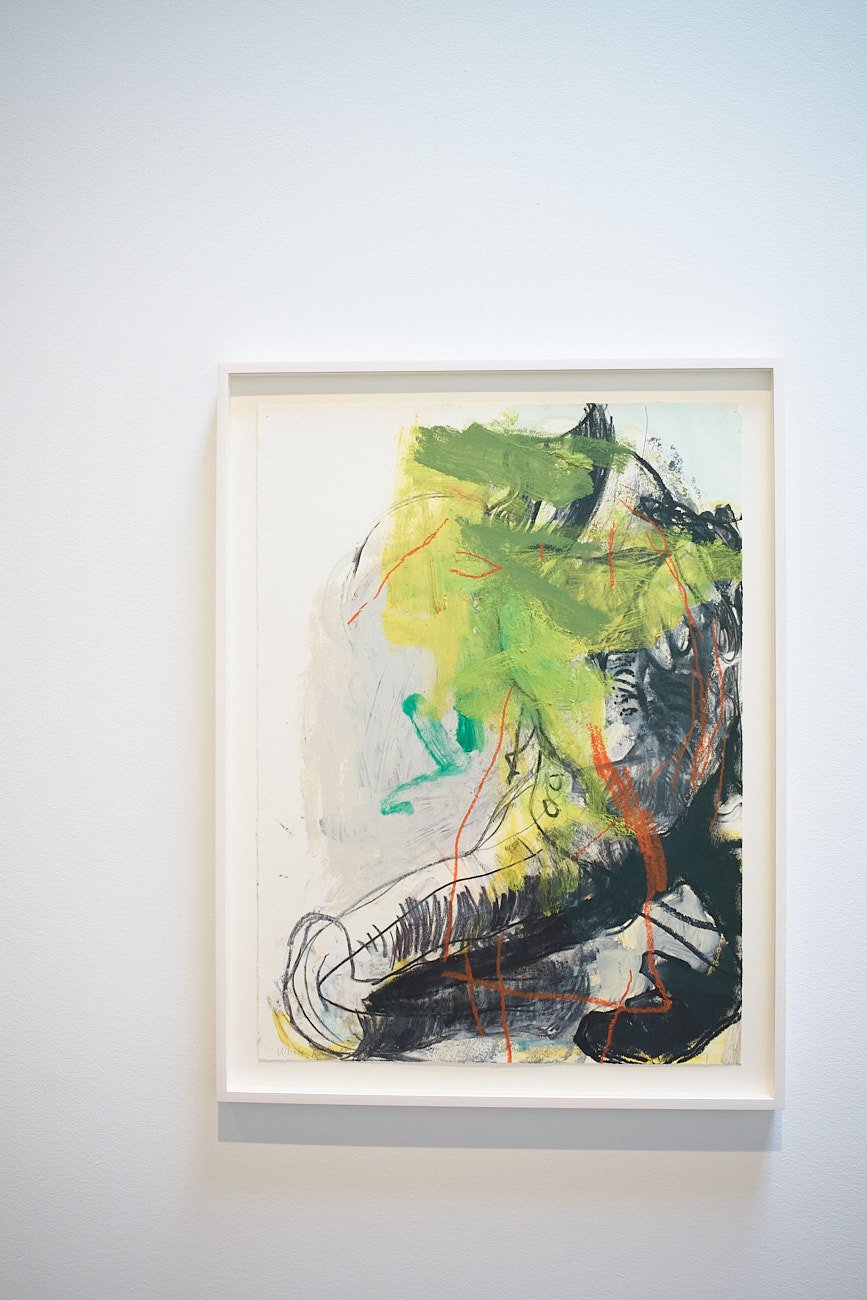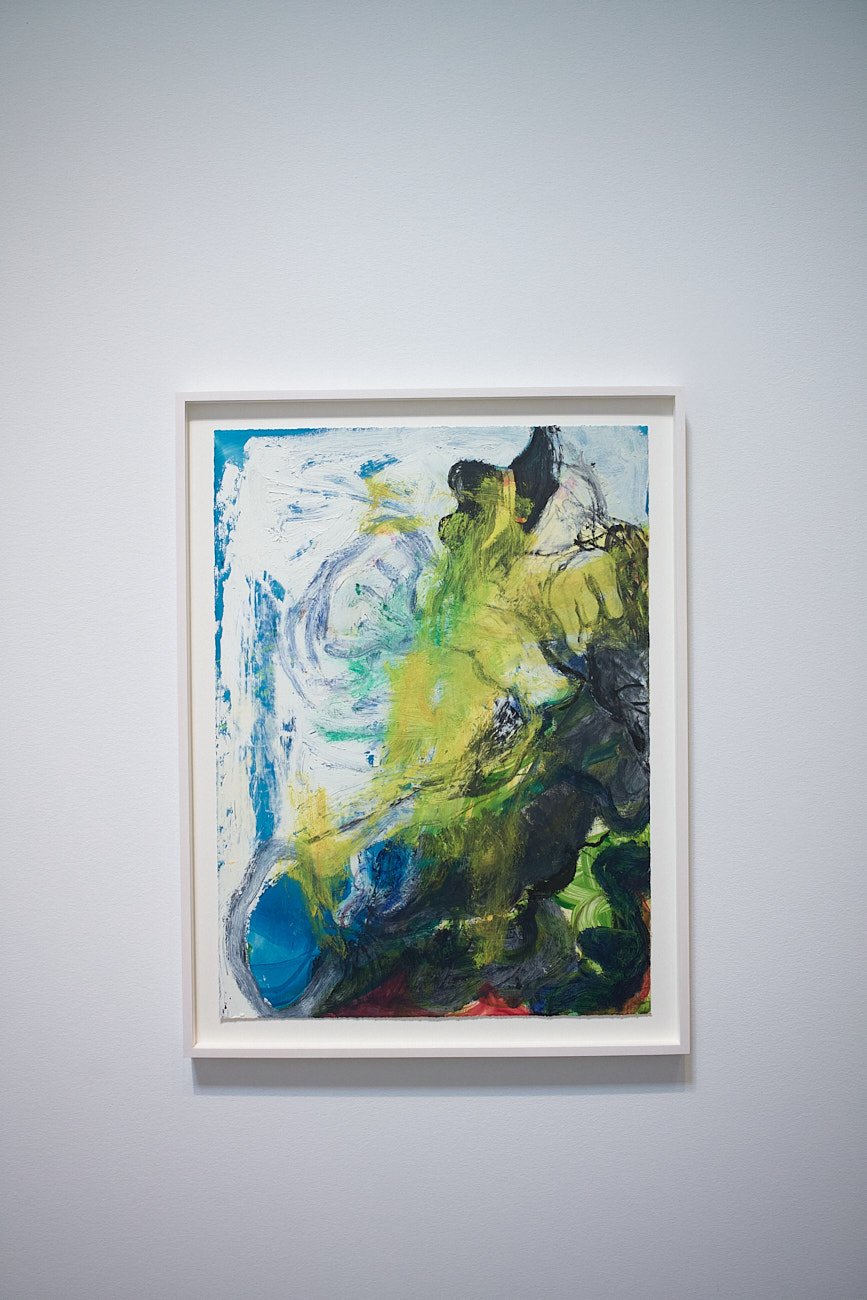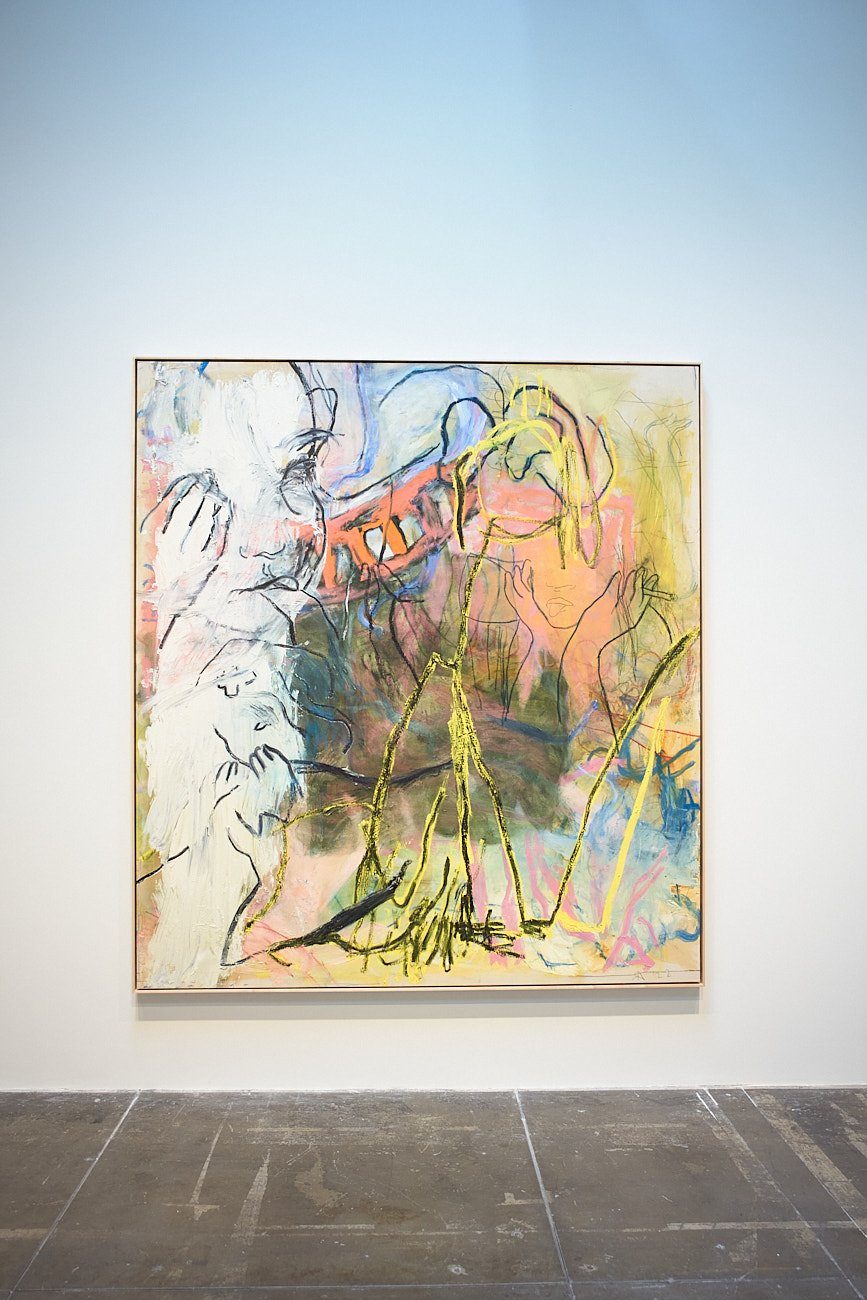Next Pompidou
Wolfgang Amadeus Mozart
Fernando Pessoa
Portuguese poet, writer, literary critic, translator, publisher, and philosopher
1888 - 1935
William Eugene Smith
Picasso - LACMA
Sam Francis and Japan: Emptiness Overflowing - LACMA
Tim Walker Wonderful Things - Getty Center
CARL CRAIG:PARTY/AFTER-PARTY - MOCA LA
Carl Craig: Party/After-Party
ON VIEW APR 16 – JULY 23, 2023
The Geffen Contemporary at MOCA
MORE INFO
Admission to Carl Craig: Party/ After-Party is free courtesy of Carolyn Clark Powers.
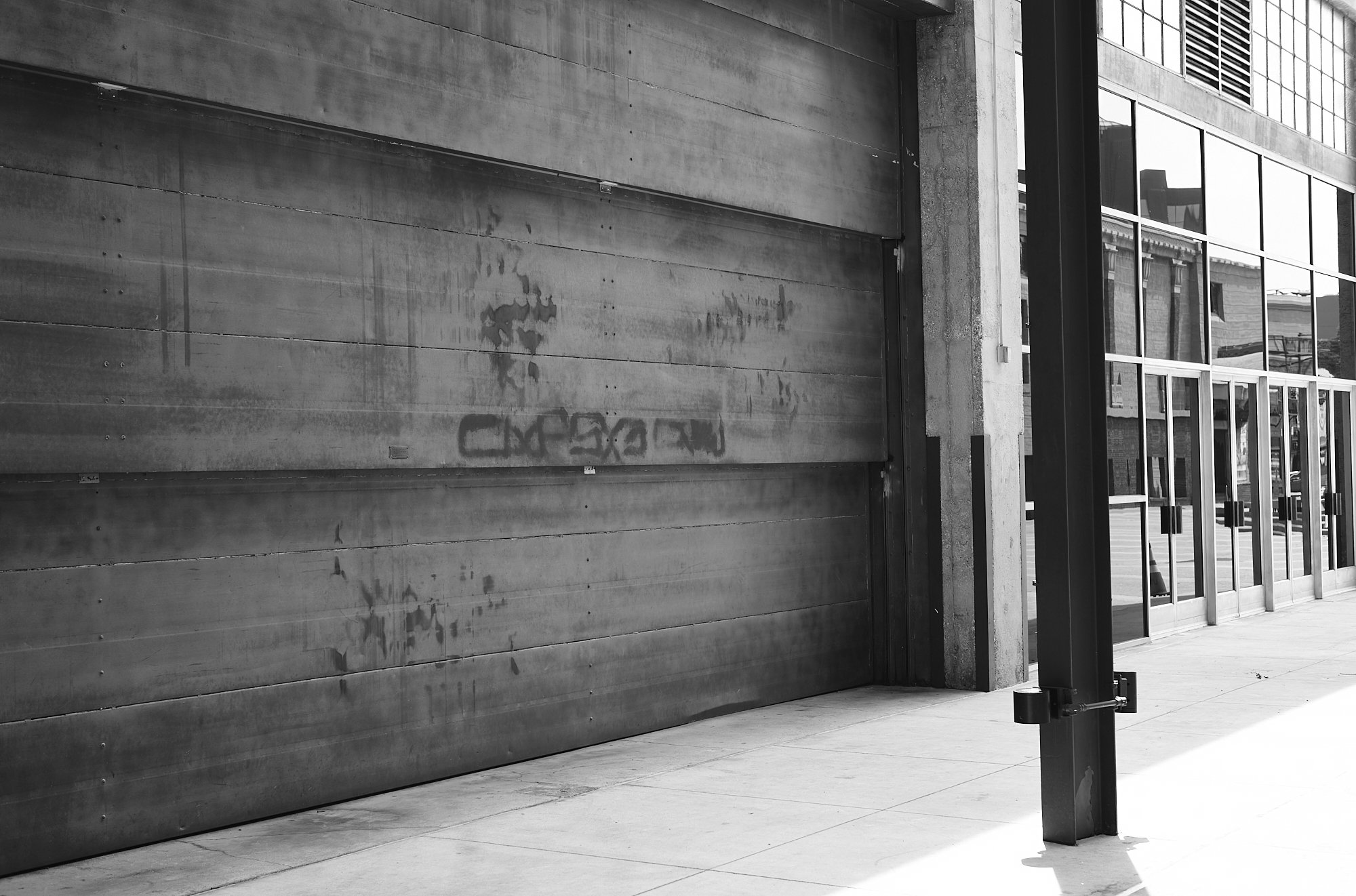
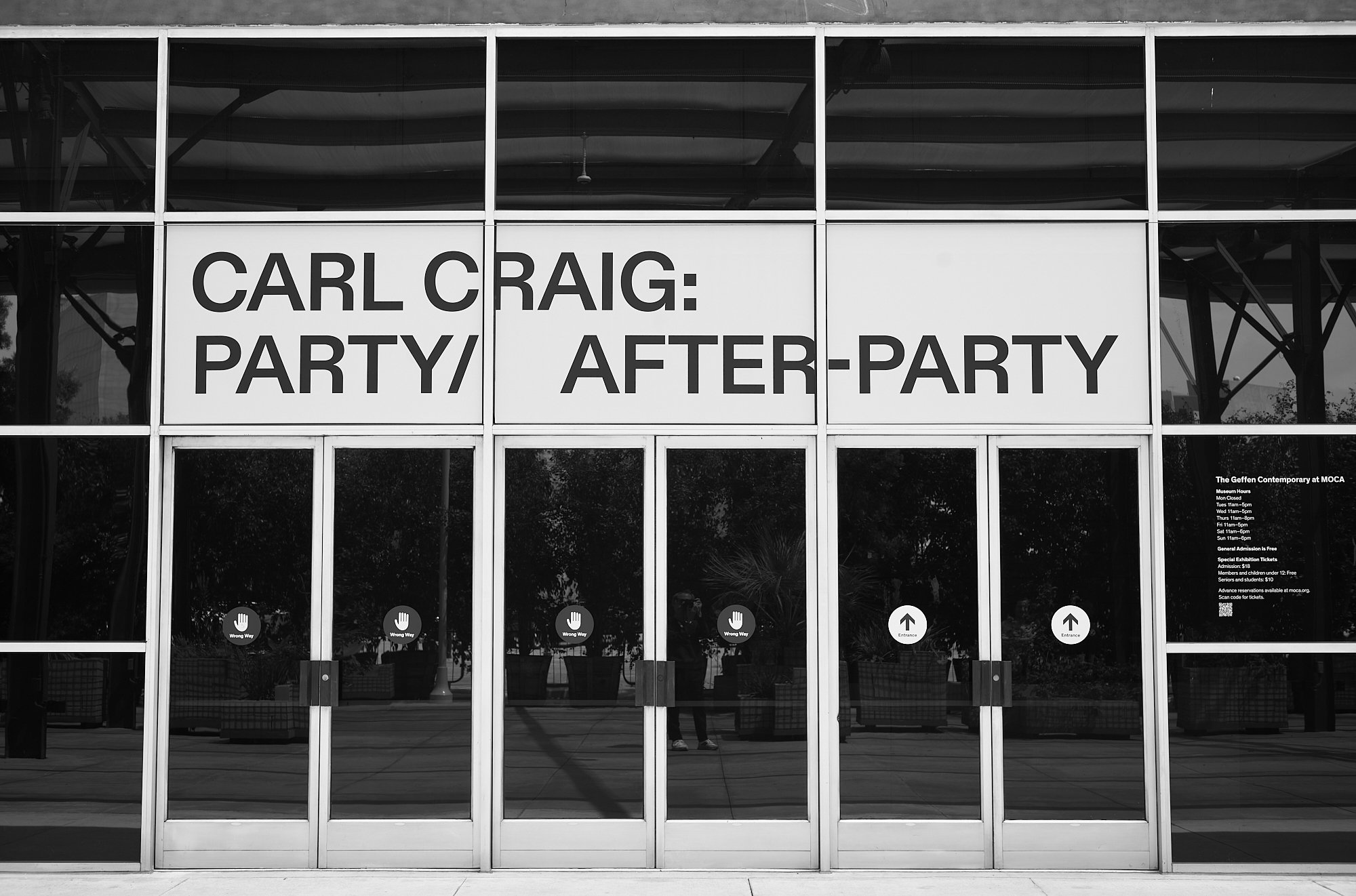
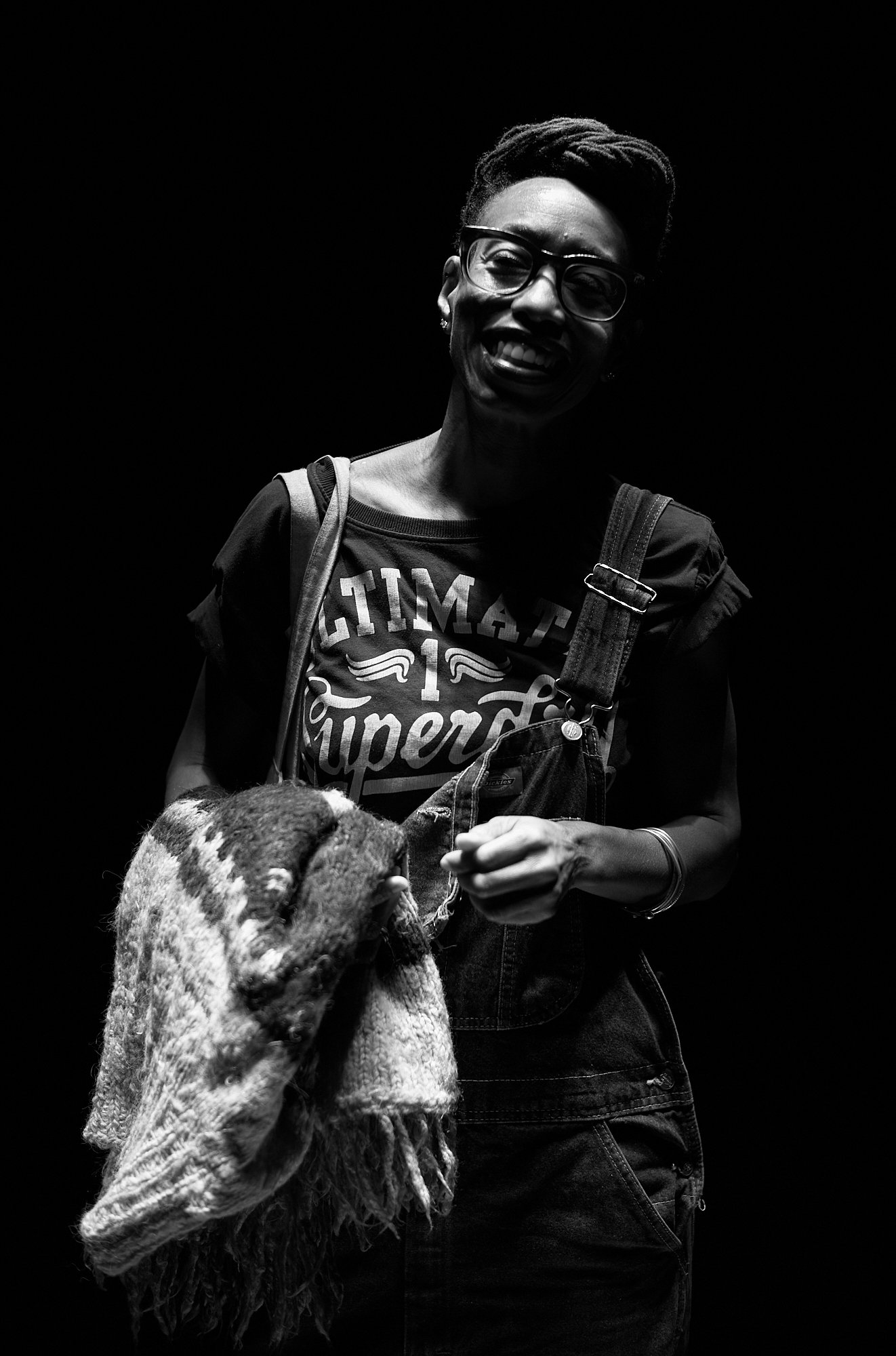
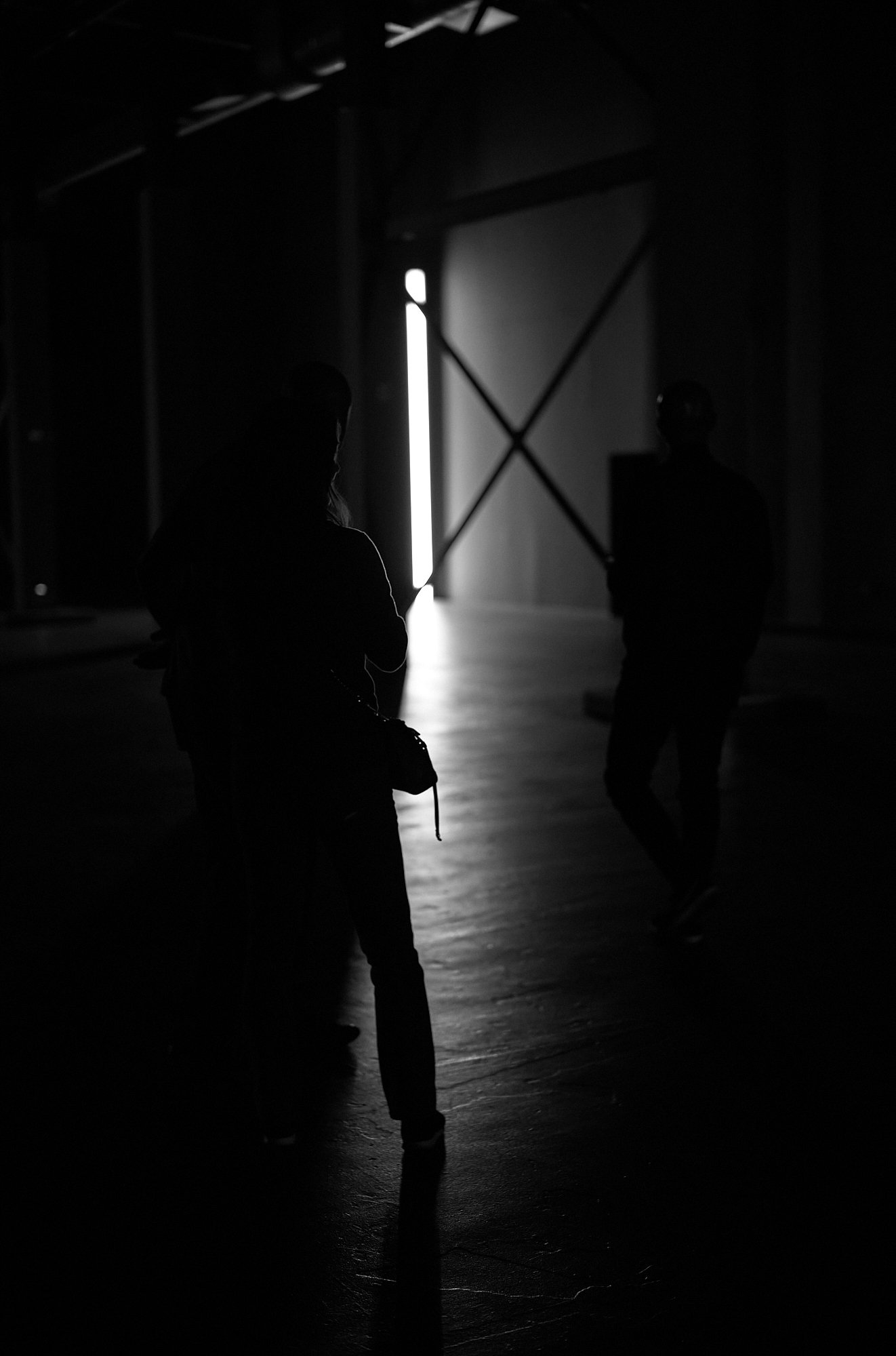
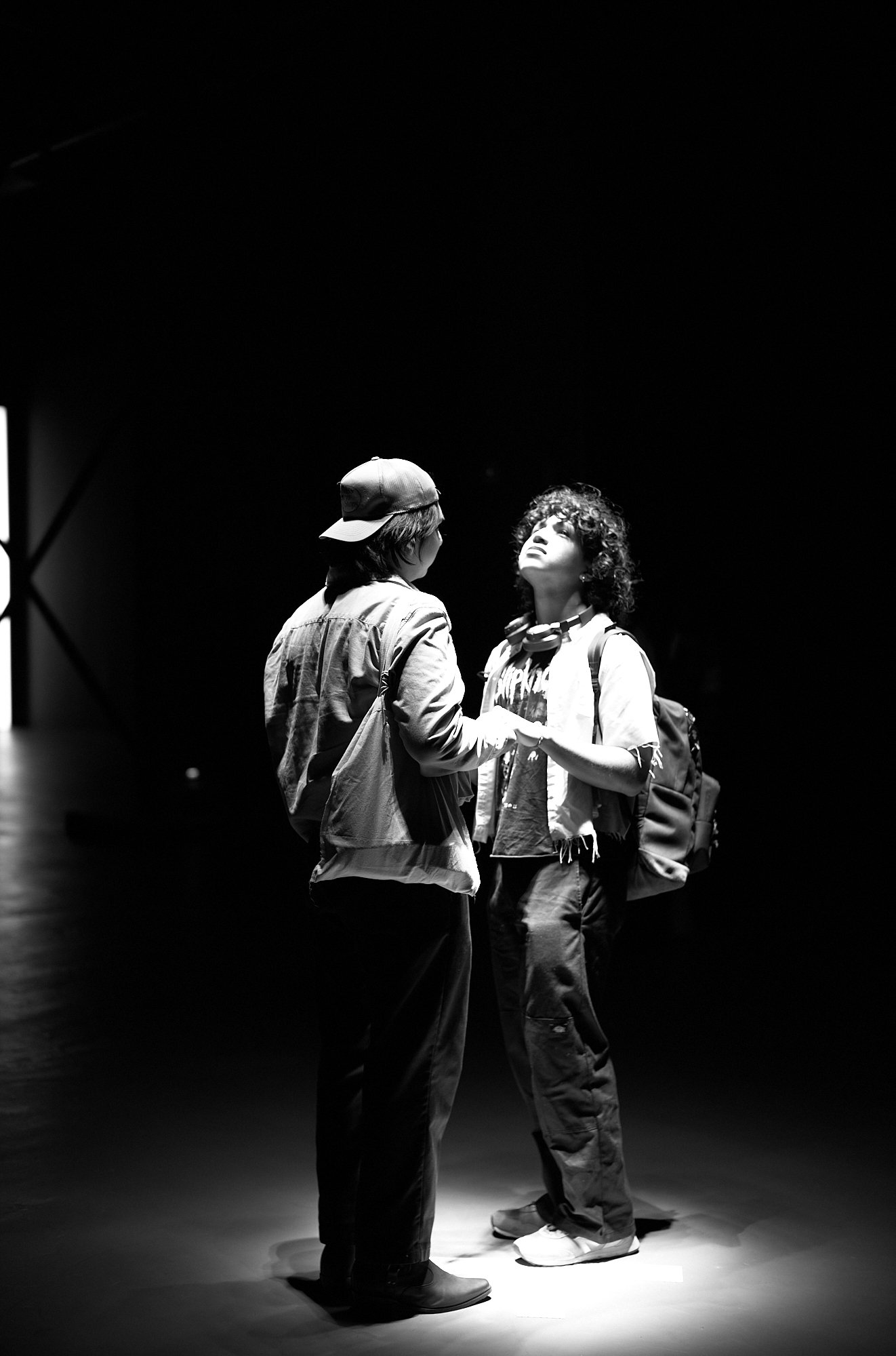
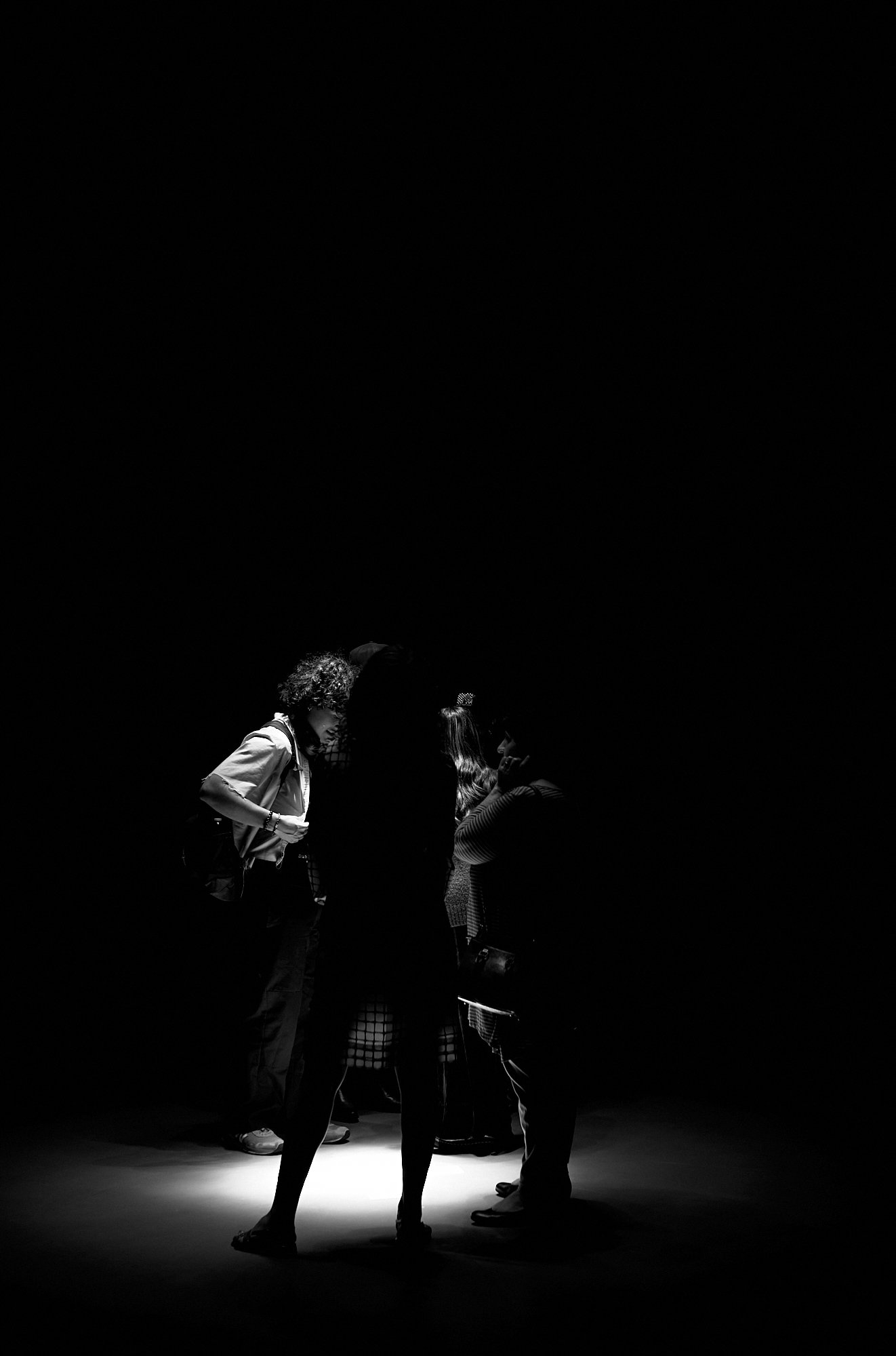
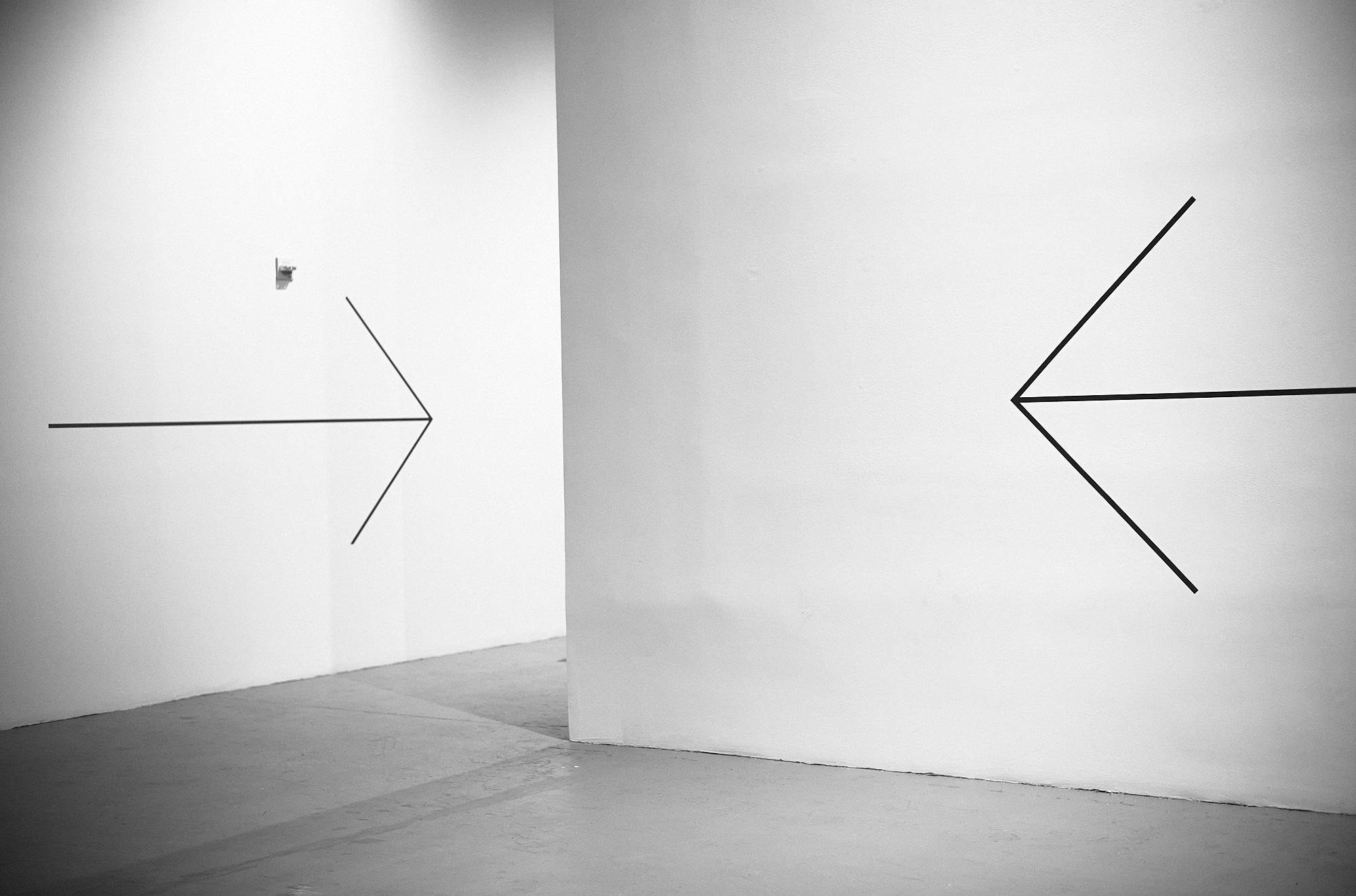
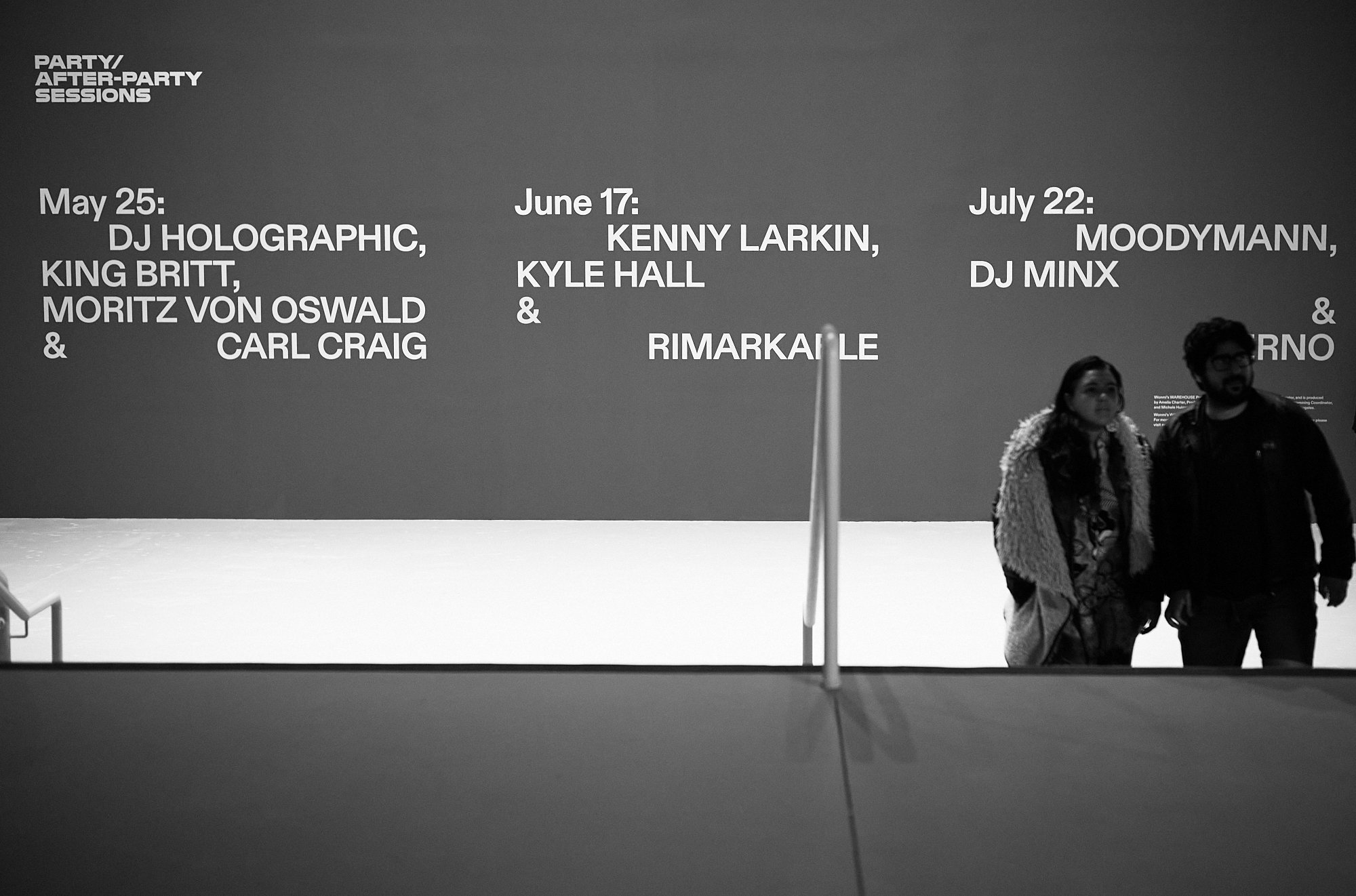
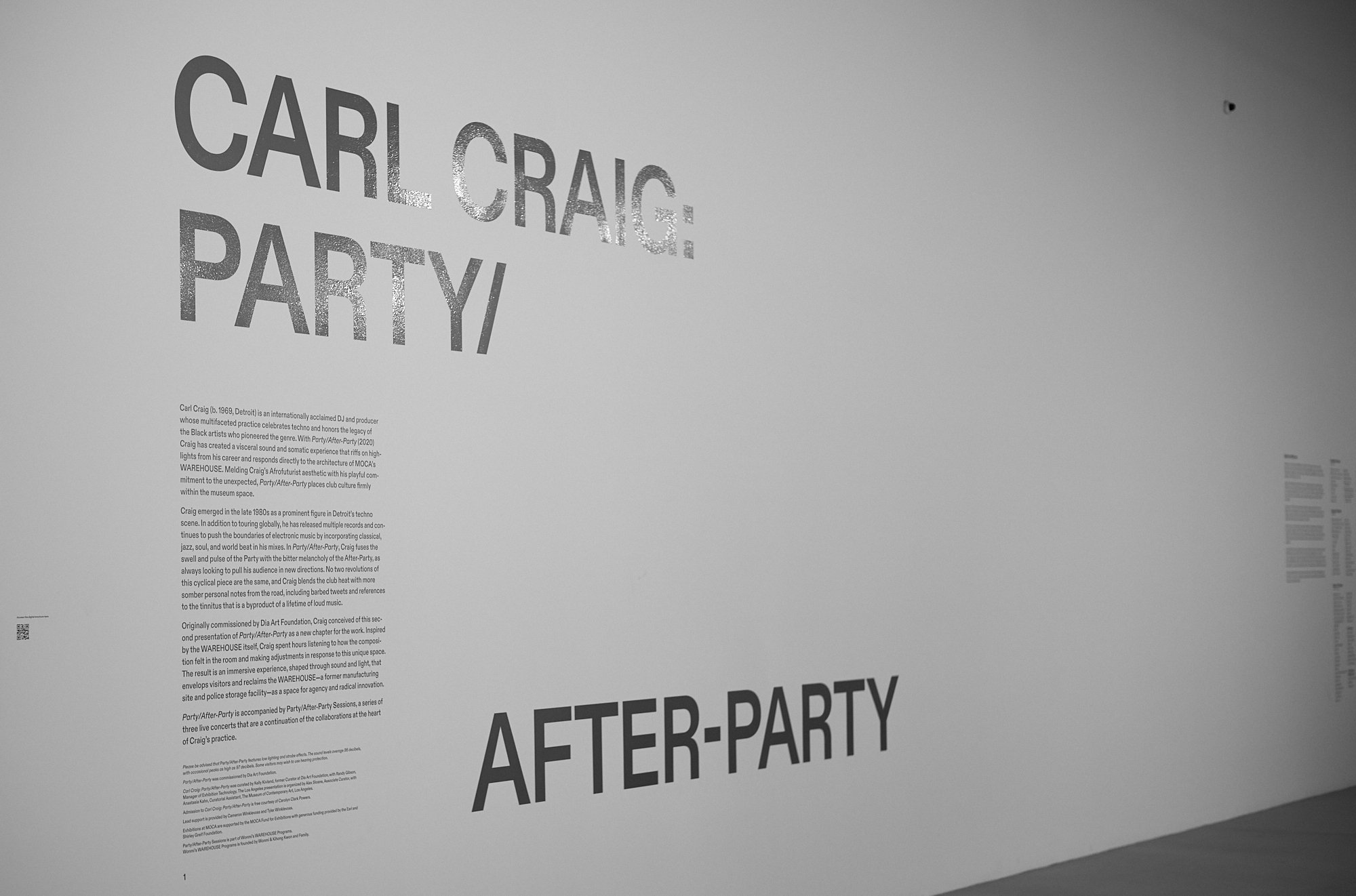
VIELMETTER LOS ANGELES - Robert Pruitt
Haydn
George Frideric Handel
Belini's Norma
Vincenzo Bellini (1801–35)
World premiere: Teatro alla Scala, Milan, 1831
Strauss Der Rosenkavalier
Full recordings
Questions are the new answers
Came across this thought: ‘questions are the new answers’, which sounded immediately interesting.
Here’s the Youtube clip.
The art of asking the right questions | Tim Ferriss, Warren Berger, Hope Jahren & more | Big Think
Thought I’d writeup the key points here:
Questions are becoming more valuable than answers
A lot of the time breakthroughs at the root of an innovation and research findings there is a great question.
Questions enable us to organize our thinking around what we don’t know.
In a time when so much knowledge is all around us, answers are at our fingertips, we really need great questions in order to be able to know what to do with all that information, and find our way to the next answer.
You can see those things you’ve been seeing a little differently.
Curiosity question. A question that a child might come up with.
The initial curiosity driven question can be turned to other experts who know how that might play out into something that is important to the marketplace.
There is no substitute to the first step, the little kid question.
The issue is that schools value the answers and there is almost no value placed on asking a good question.
Start by asking a naive question to yourself, and let them play out. That process can take us to something that is more concrete, actionable.
Questions are often at the root of innovation.
A survival skill for all of us.
A tool.
Asking dumb questions can become a superpower.
‘I don’t understand, please explain that’
Absurd questions. Example, ‘if you had to accomplish all of your work or grow your company 2X while working two hours a week. If you had a gun against your head, how would you attempt to do that?’ These absurd questions don’t allow your to user your default frameworks for solutions. Forces you to think laterally, to break boundaries on the sphere of comfort that you’ve created for yourself.
Journaling asking yourself these questions is powerful.
You might come up with interesting ideas, leads you to an interesting direction. Take he seed and do something with it.
Alex Bloomberg asking the dumb question during the subprime mortgage crisis, ‘why would banks lend money to people who stand next to no chance of paying it back?’ The thought that everyone had in their mind, sitting in front of us that no one was asking.
Often the dumb question that no one seems to be asking is the smartest question you can ask.
If you can override that embarrassment and be the one who ask dumb questions..it is a superpower. The questions here are the most powerful.
Giuseppe Verdi - Italian Opera Composer
Opera Philadelphia
Giuseppe Verdi | Short Biography | Introduction To The Composer
Giuseppe Verdi (1813-1901), Roncole, Italy (at the time Italy did not exist, and as the region was controlled by the French, he had a French birth certificate). Comes from a family of traders and small landowners. Mother was a spinner, father a innkeeper. Verdi’s musical talent was evident from his early years, and was trained at the local church, where he was full-time organist by age nine. In 1823, moved to a nearby larger city of Busetto, where he composed and performed. Eventually moved into the house of Antonio Barezzi, a local merchant and amateur musician. Taught singing and piano to Barezzi’s daughter,Margherita, who he would later marry.
At age 18, moved to Milan and applied to the conservatory, but was rejected due to being over the age limit. Instead, began to study with Vincenzo Lavigna, a composer and maestro at the La Scala. In 1836 he married Margherita and accepted the position as maestro at Busetto Philharmonic.
1839 first opera Oberto - accepted by La Scala
Next opera Un giorno di regno - was a failure, and he would not compose again until the maestro at La Scala, Bartolomeo Merelli, forced the libretto Nabucco on him. This opera became a major success and ascended him to the light across Italy and Europe. He became a leading figure in the movement toward a free, united Italy.
After Nabucco, Verdi wrote 16 operas in 11 years. Rigoletto (produced in Venice), Il Trovatore, La Traviata. He spends time in Paris, once back in Rome premiered Un ballo in maschera.
He traveled extensively in Russia, Paris, Madrid, and London, supervising his operas. In the final three years, wrote Aida, Otherllo, and Falstaff.
Total 26 operas were written, died in Milan at 87, in 1901.
One of the greatest Italian Opera composers. Respected composers such as Richard Wagner, but had strong nationalistic convictions, deeply rooted in traditional Italian operas such as Bellini,
Best Verdi Works: 10 Essential Pieces By The Great Composer
La Forza Del Destino
Aida
Don Carlos
Falstaff
Il Trovatore
La Traviata
Otello
Rigoletto
Un Ballo In Maschera
Messa Da Requiem
When Verdi died, half the population of Milan showed up for his funeral, wow.
Here is the link to the photo at the time.
“To date, it remains the largest public assembly of any event in the history of Italy.”
The best books on Verdi recommended by Francesco Izzo
Great summary of books to read on Verdi. Introduction is also an interesting and educational read.
Verdi's opera Falstaff
Study of Verdi’s Falstaff
Starting to gather information and study Giuseppe Verdi’s Comic Opera ‘Falstaff’. You might want to tag along and check it out.
COMPOSER Giuseppe Verdi
LIBRETTIST Arrigo Boito
World Premiere: Teatro alla Scala, Milan, 1893.
Synopsis: link to the Met Opera
Listening to an interview with the Italian Conductor Daniel Gatti. Verdi composed three Operas based on Shakespeare: Macbeth, Othello, and Falstaff. He considers Falstaff to be “a great Italian Opera masterpiece, written for musicians, not for the audience in a way… a very sophisticated opera.”
Story of a man at the sunset of his life. No friend, completely alone. “I’m very fond of the first scene, the monologue…so sad, so dark, so pessimistic in a way…but it is not a monologue of a man at his end of life, but a monologue of a man that has to start his last part of his life….maybe because I am not so far from this age….it’s an opera that is growing every time, because I think I am growing as a human being.”
“...after [writing] the three or four operas, he began the study of human being. And this is the greatness of the theatre of Verdi, it is not the melodies, not the arias, no, it is how he developed the character. And sometimes it is very uncomfortable to listen to Verdi opera, because he shows the human being misery…Verdi is all the time, very modern, because he talks about all the problem that we have nowadays… and by going there you may see yourself, in Falsestaff, in Othello, Trovatore, and Rigoletto.”
At nearly 76 years old, Verdi loved the libretto on Sir John Falstaff, written by Boito. Verdi originally wrote to Boito how he was too old to write another large scale opera, but eventually decided to write the piece. Took him four years to complete. Boito’s libretto for Falstaff is undoubtedly his finest work, and among the finest libretti ever written. Boito was odd, and frankly terrified of editing, altering, and adapting the play, by the man, Shakespeare, on an Italian opera stage. Verdi complained how he was not able to write productively as he once did when he was younger.
Rita Ackermann - Painter
Rita Ackermann - Vertical Vanish
KELLY AKASHI "HEIRLOOM" AT VILLA AURORA
Kelly Akashi Heirloom at Villa Aurora
Frieze Projects: Against the Edge
Curated by Jay Ezra Nayssan & Del Vaz Projects
February 13th, 15th, 17th, & 18th, 10:00 AM - 1:45 PM
I found out about Kelly Akashi from a newsletter from Barbati Gallery, Venice, Italy.
The exhibition was only for a few days, by RSVP. At Villa Aurora, a beautiful artist residence, set in the hills of Pacific Palisades, on the coast of Los Angeles.








